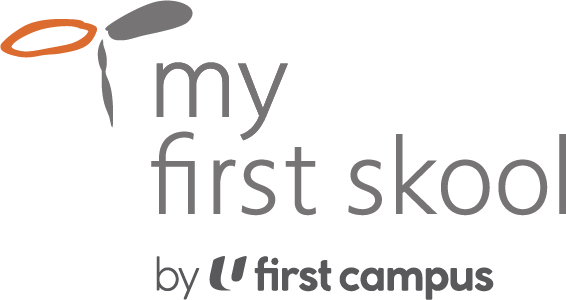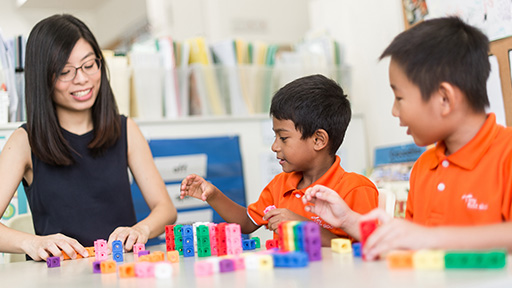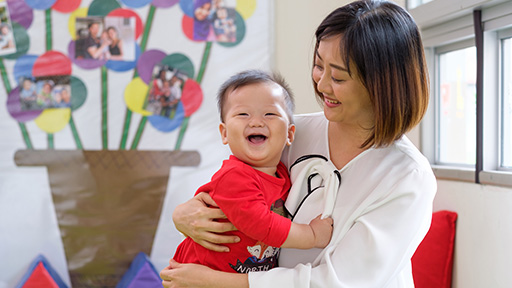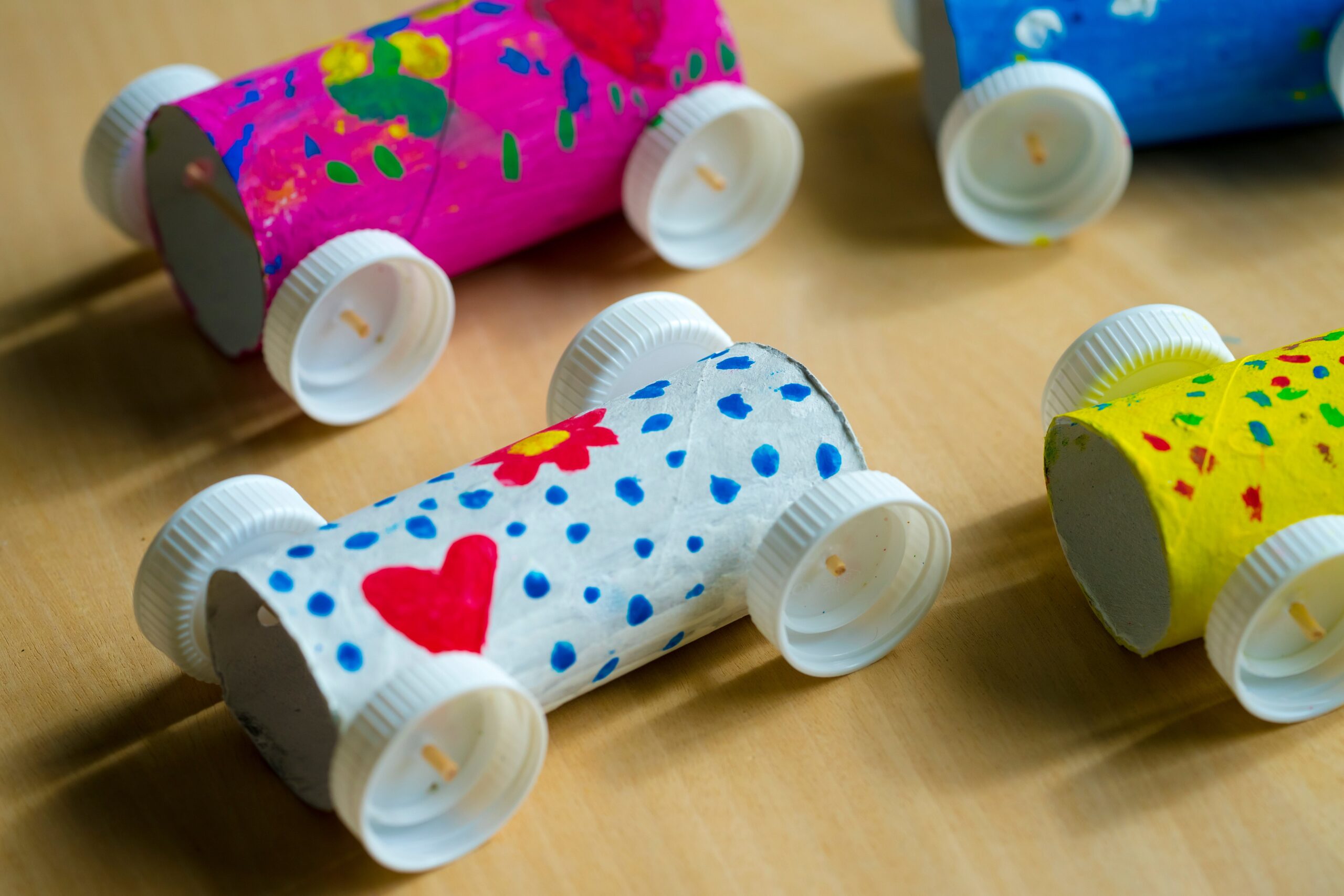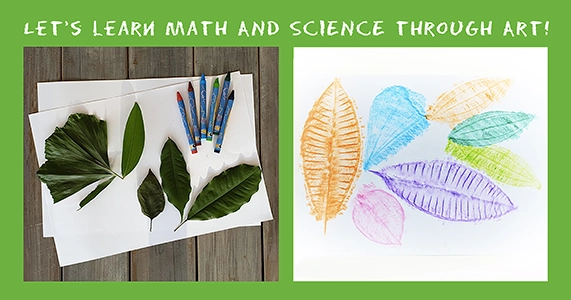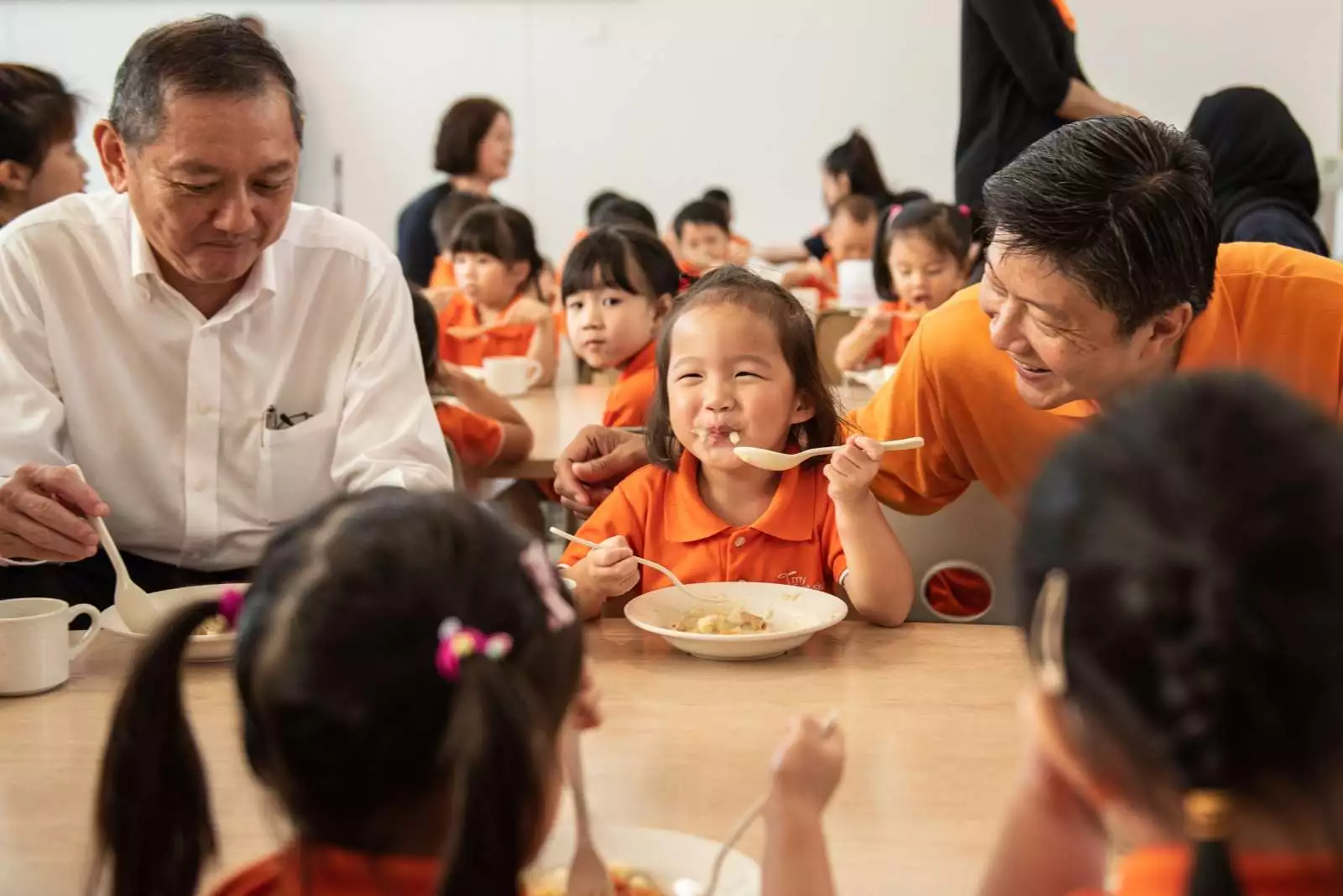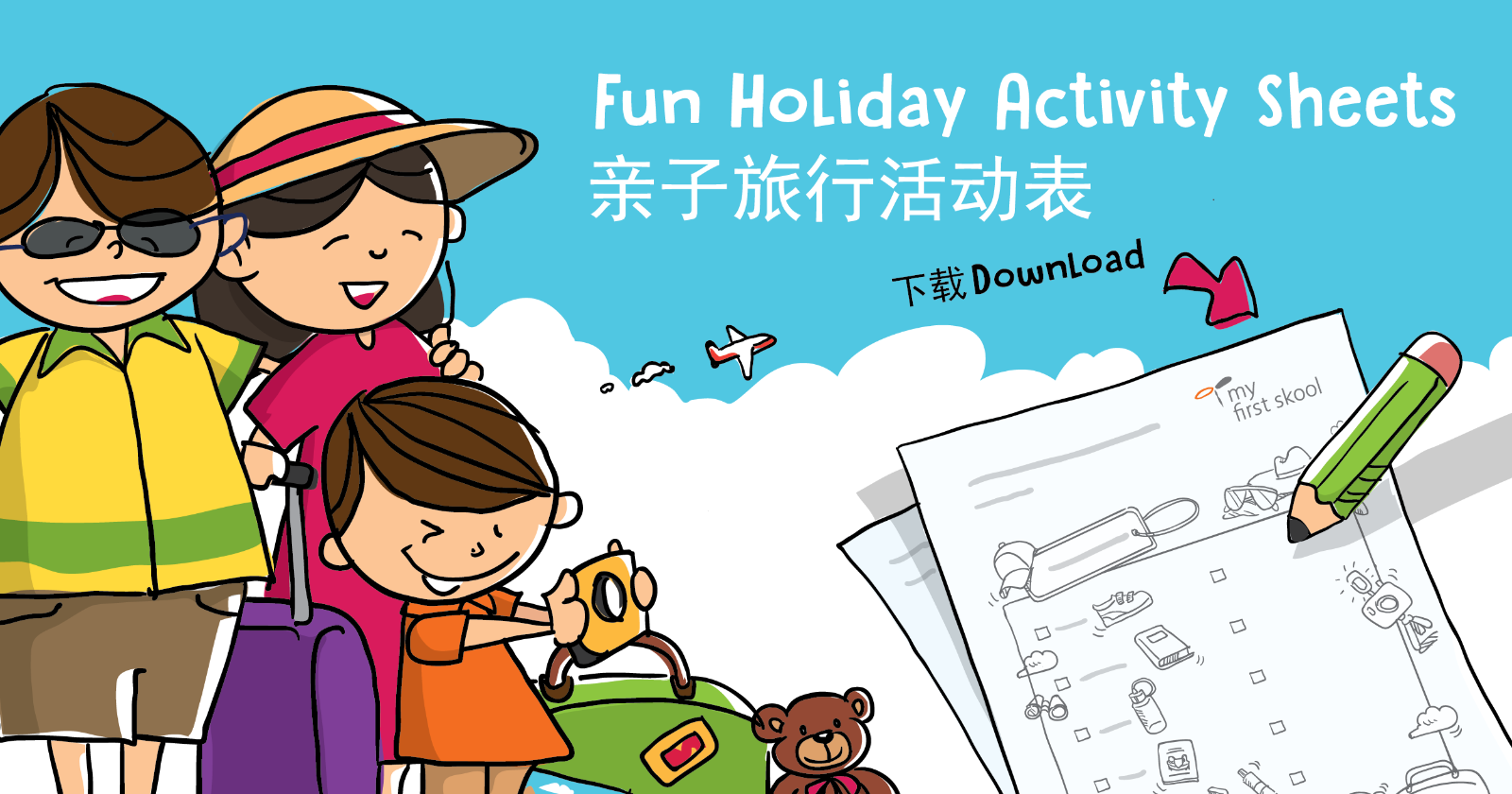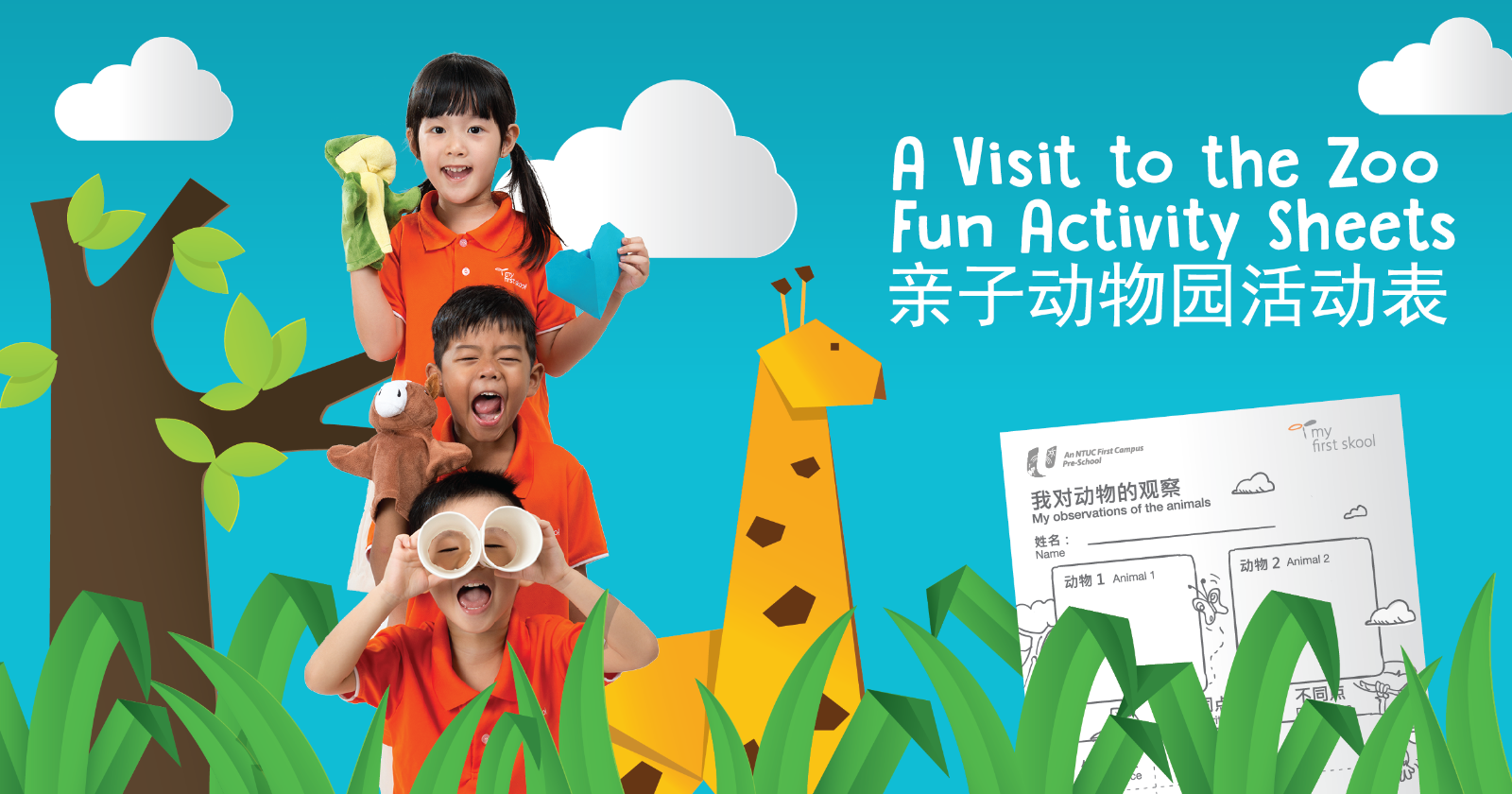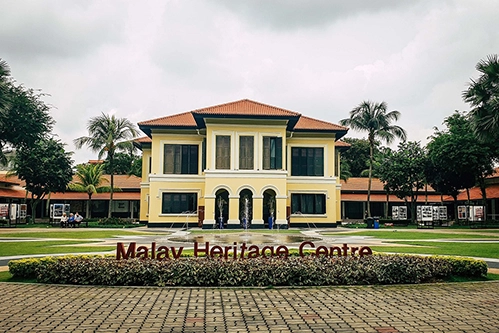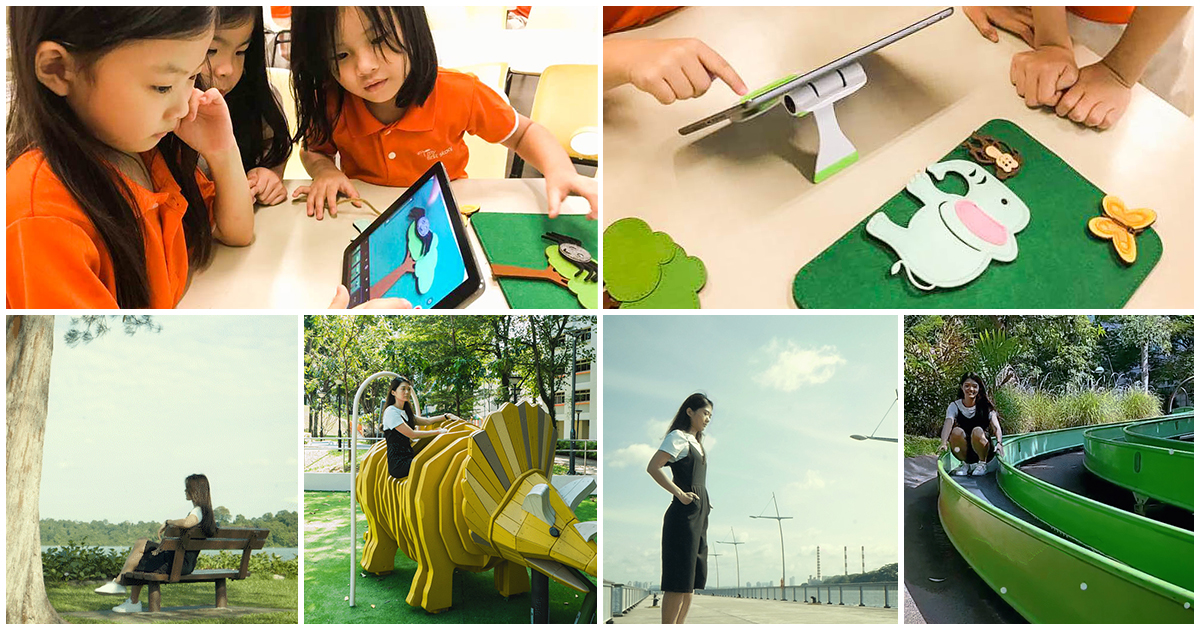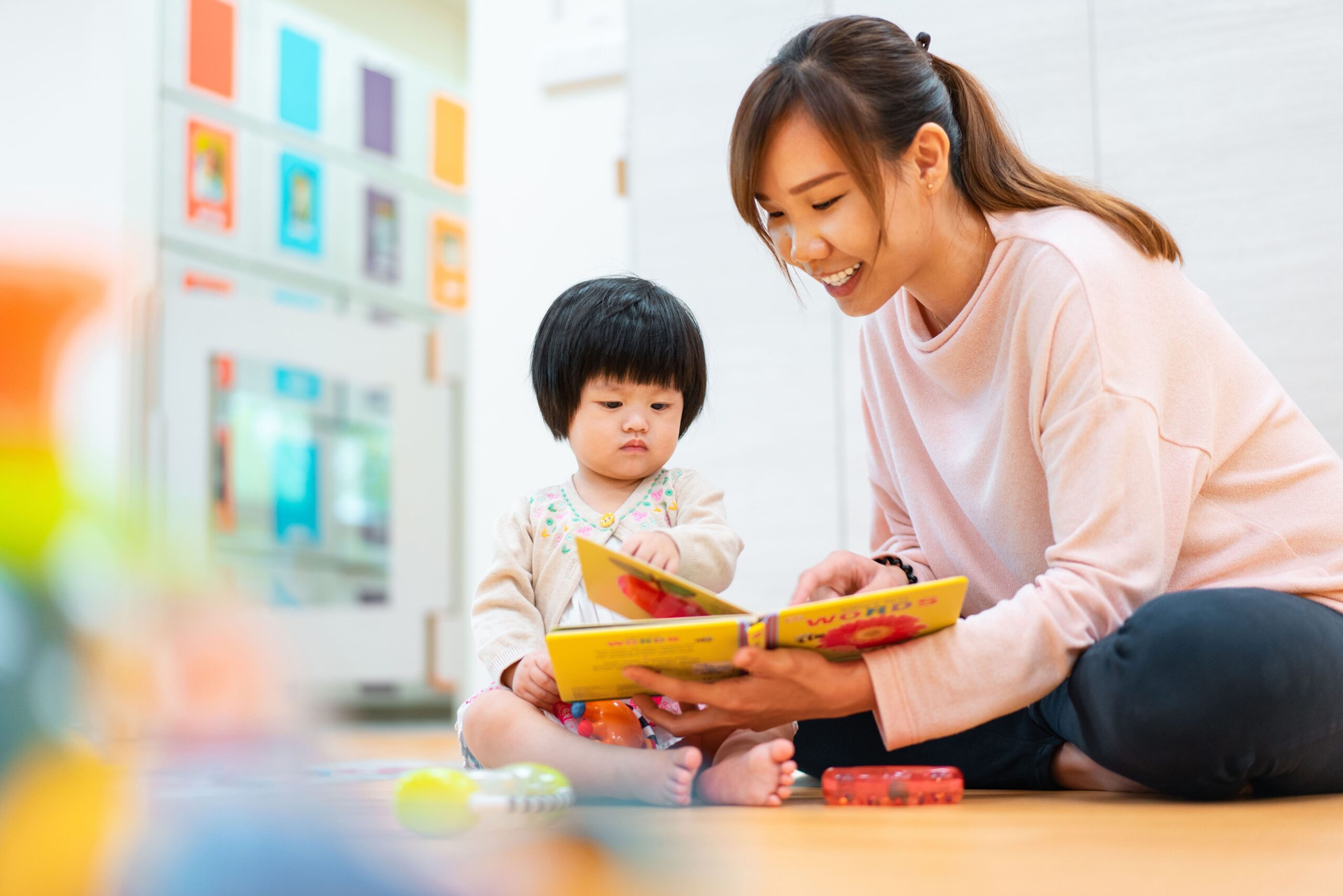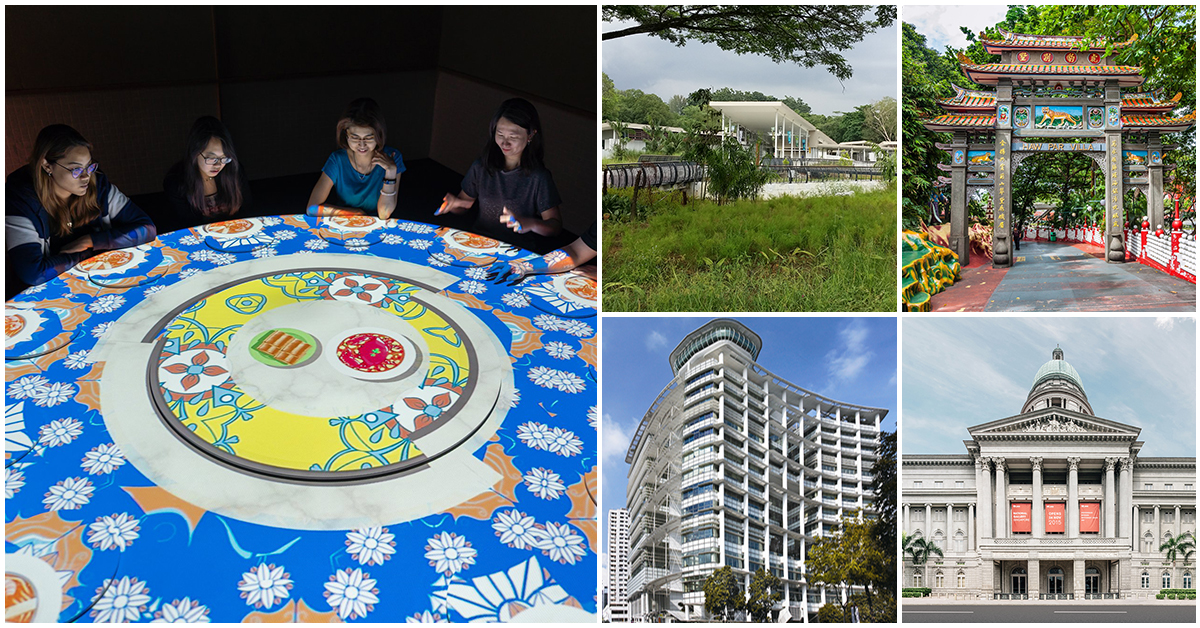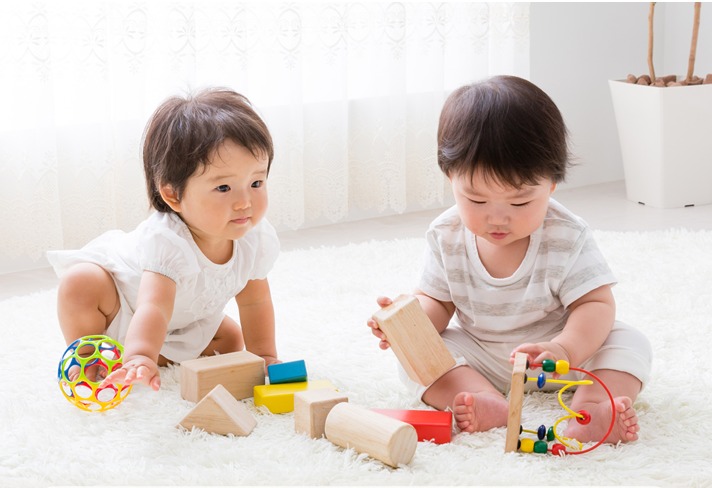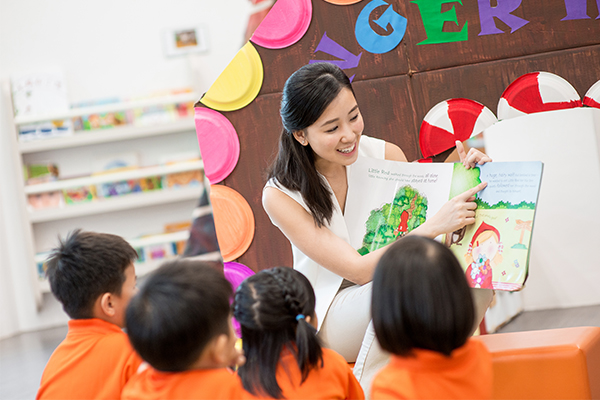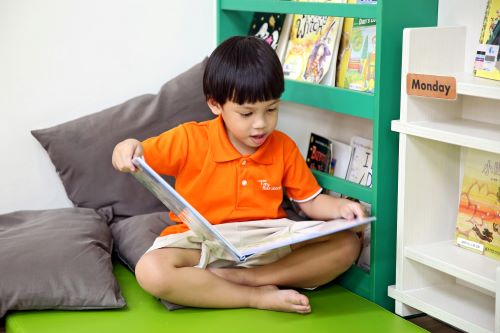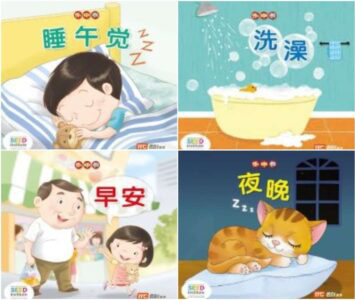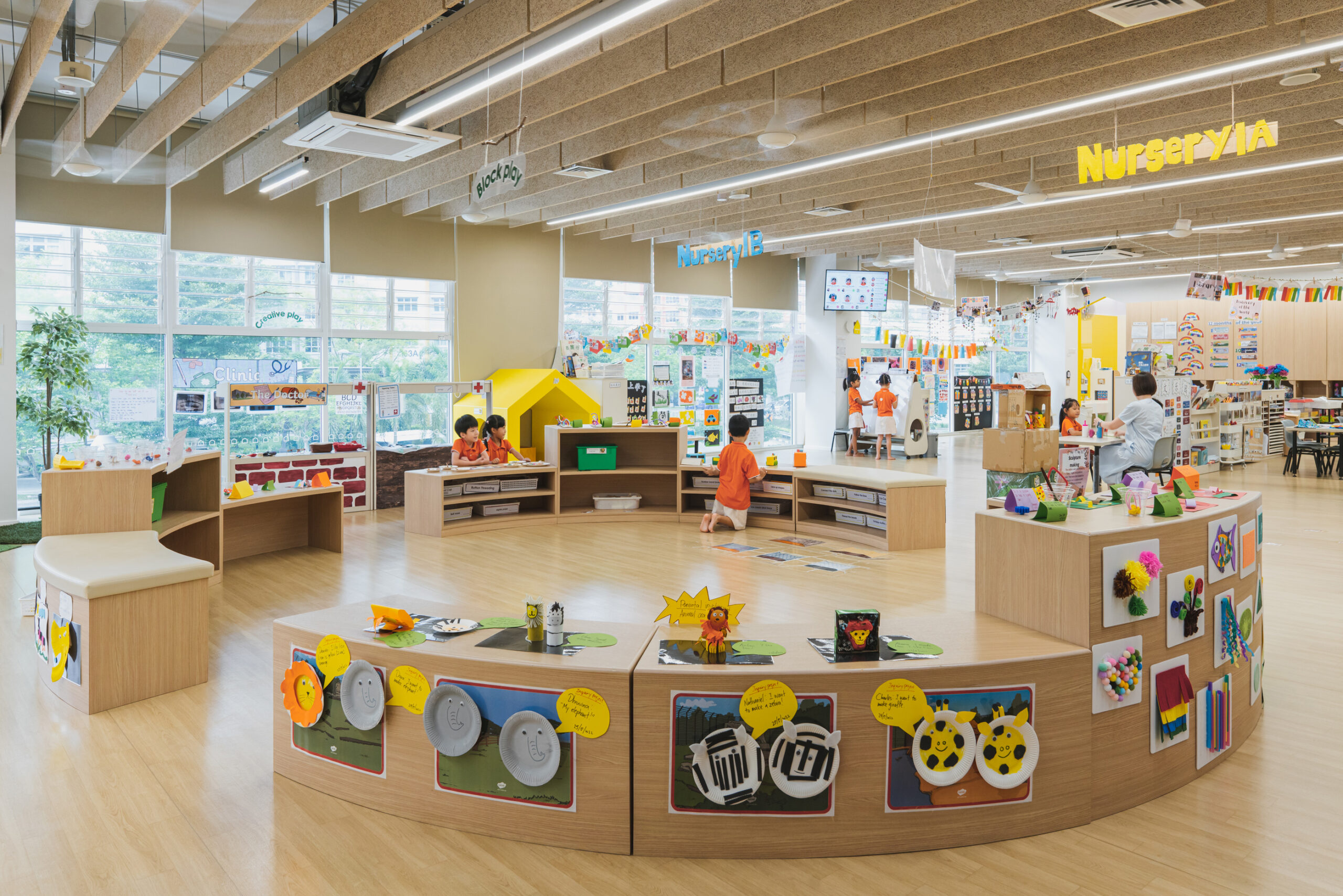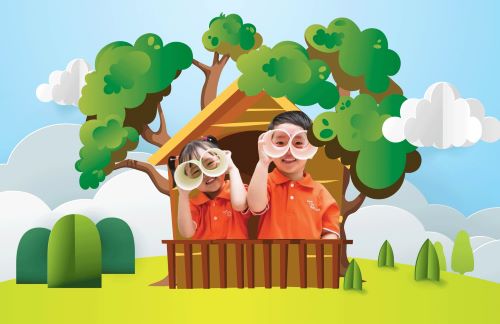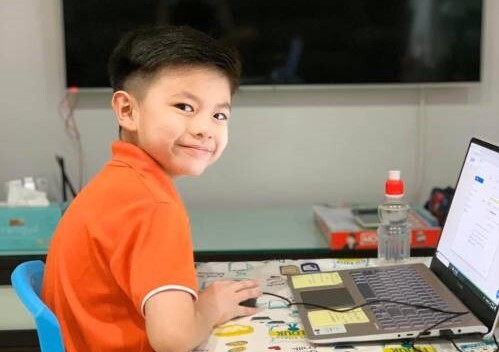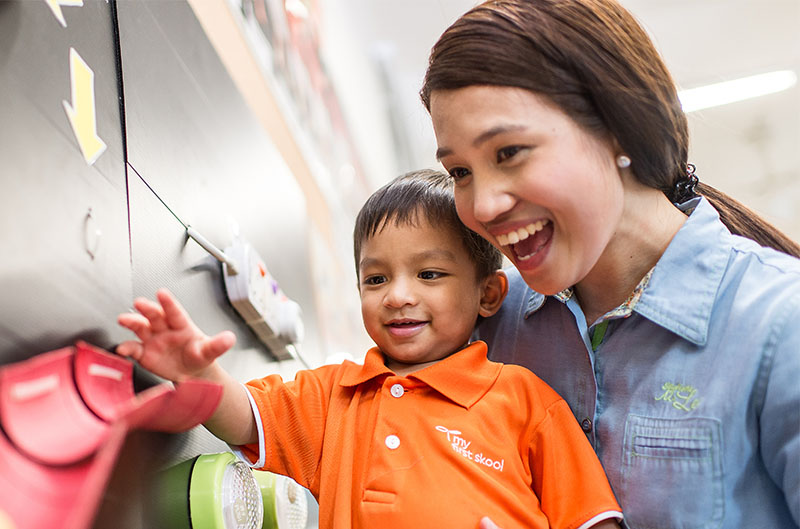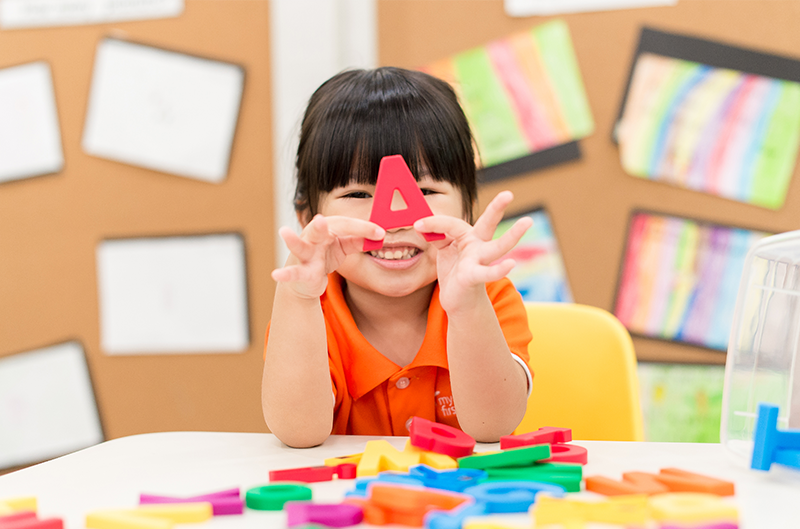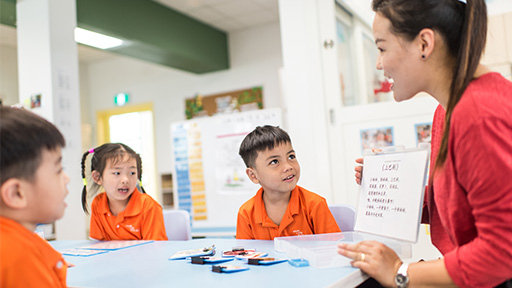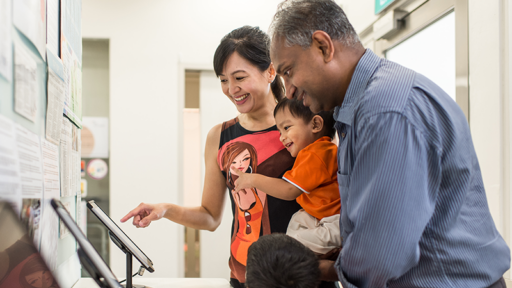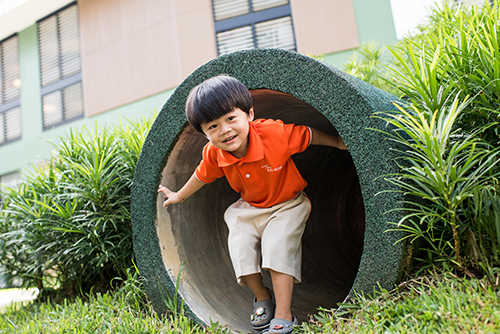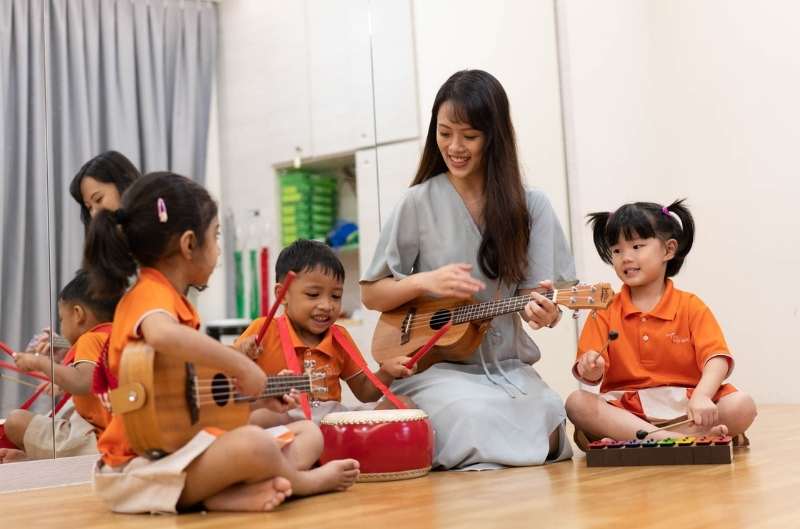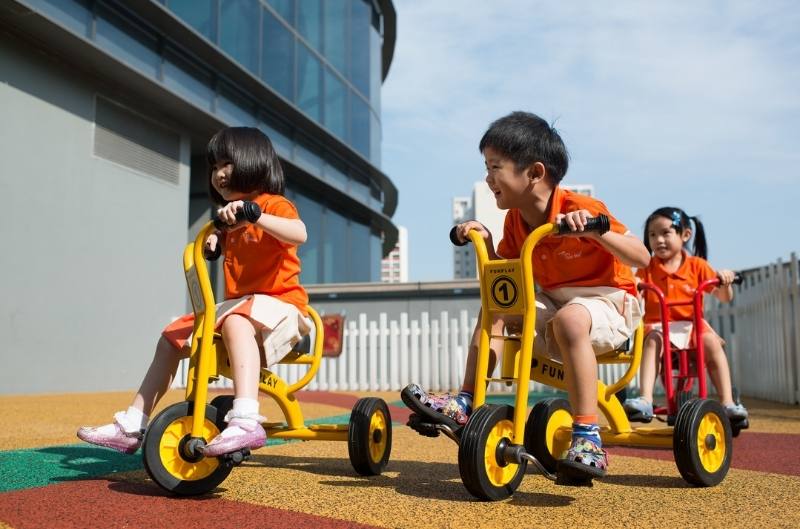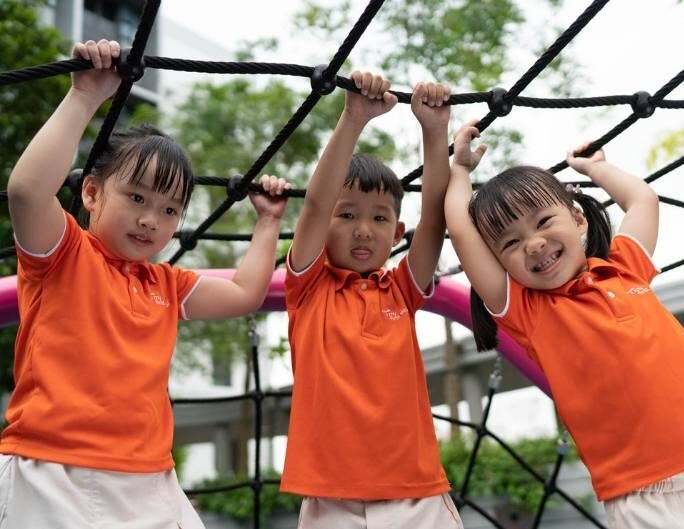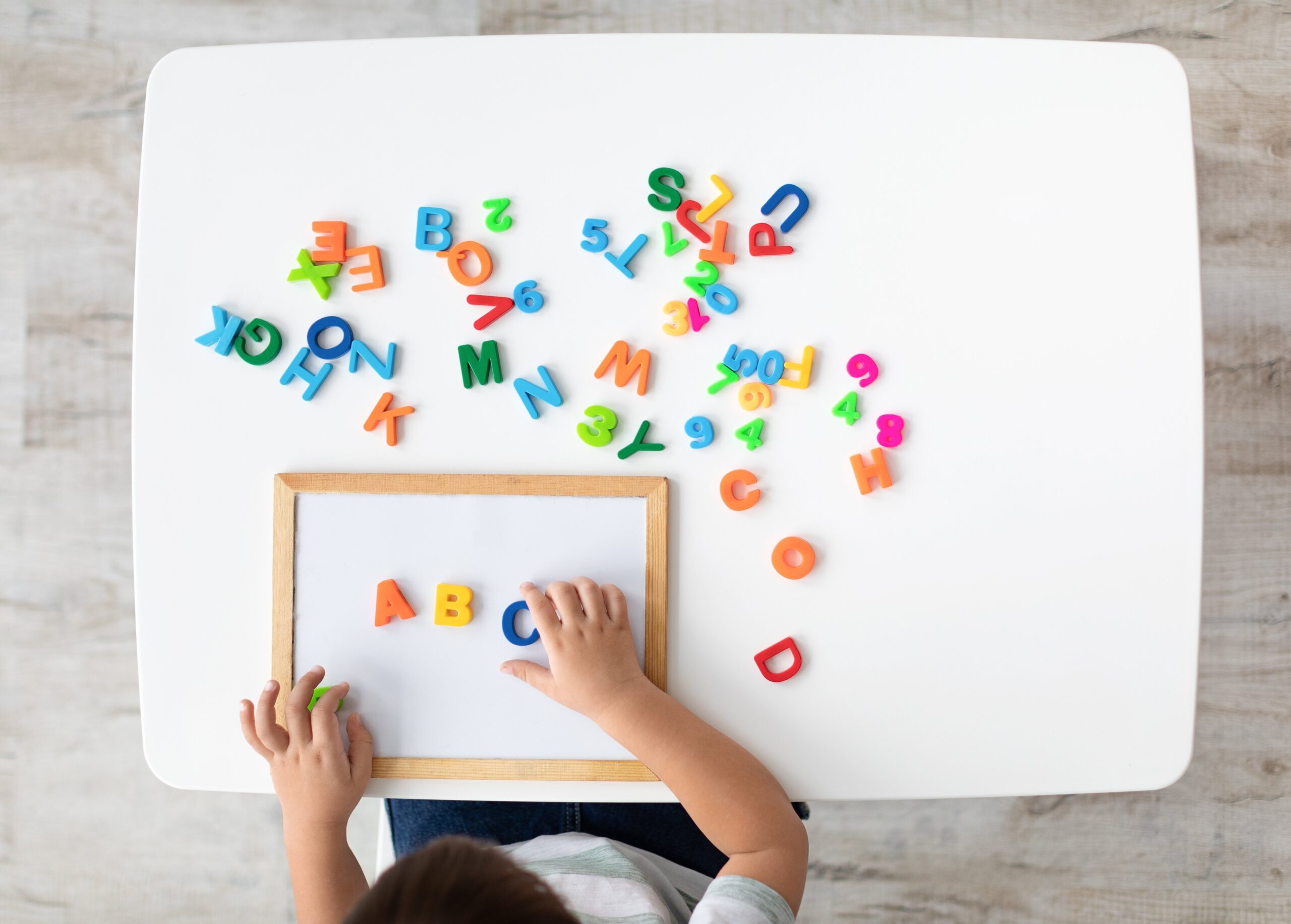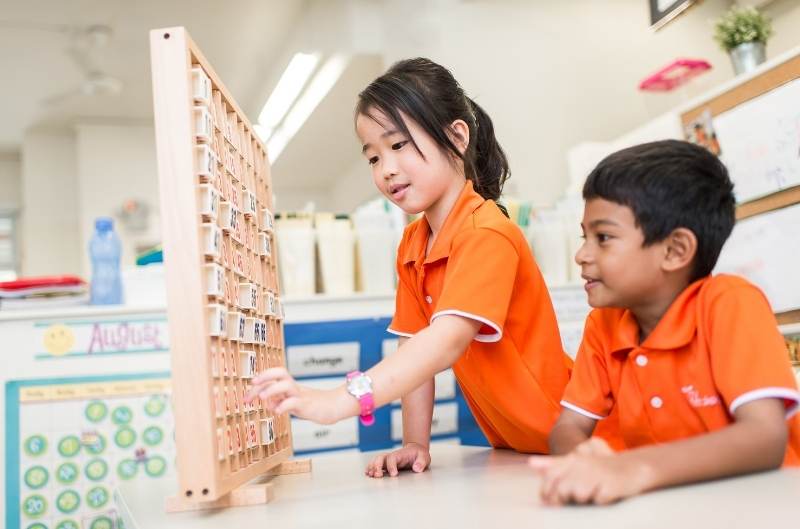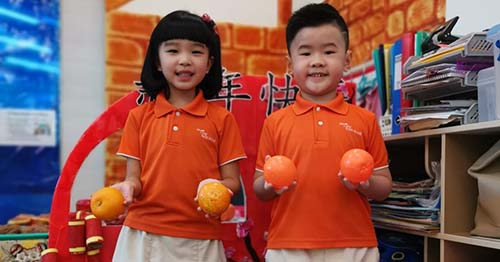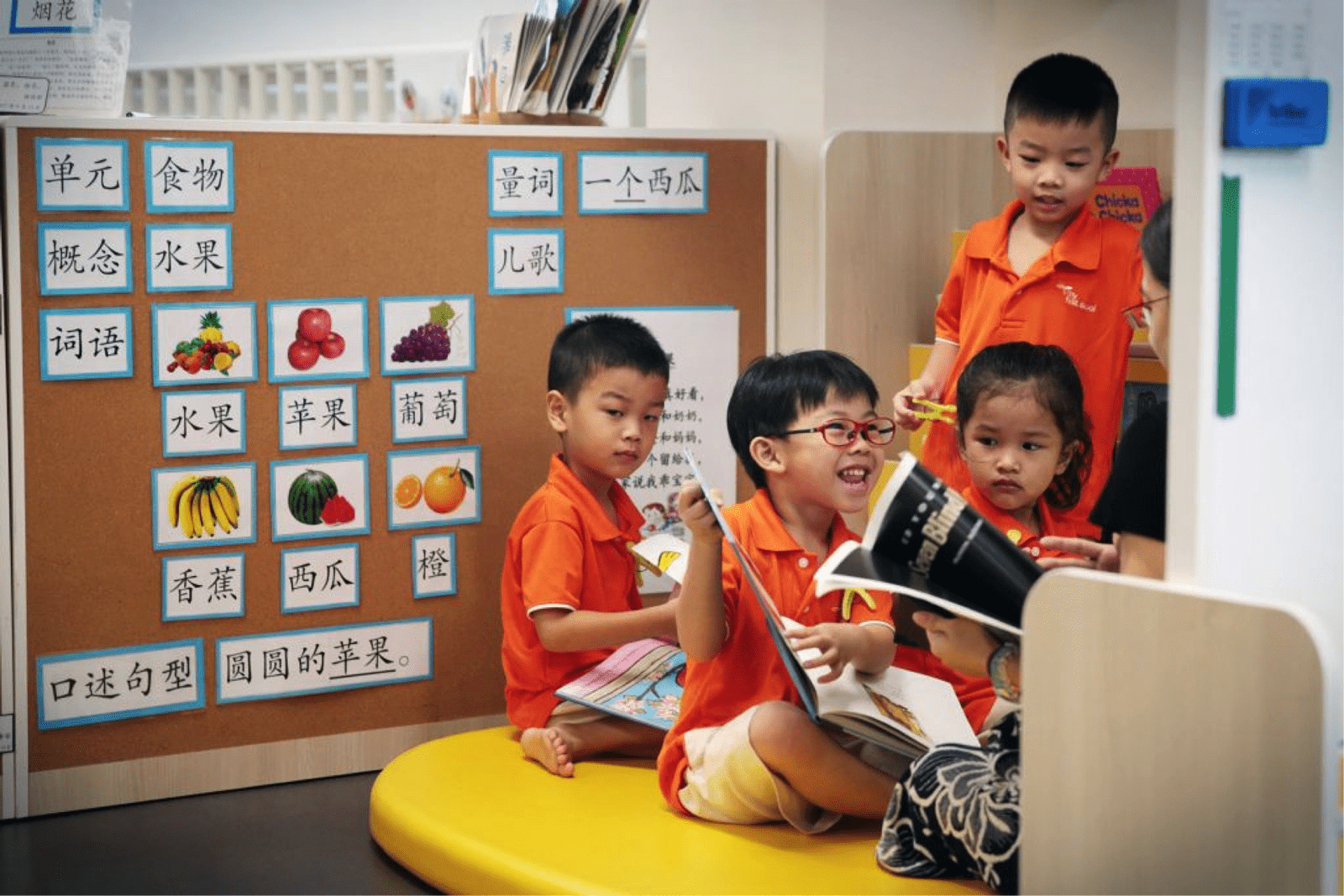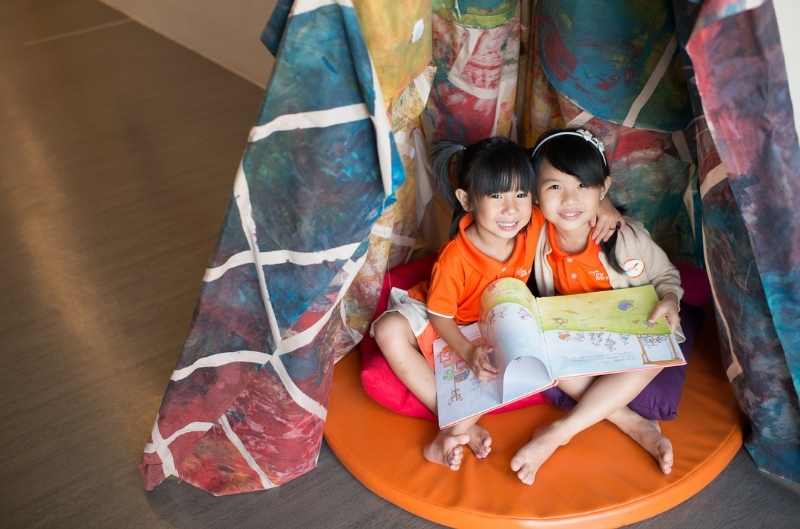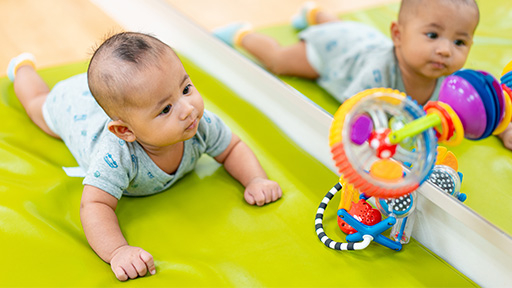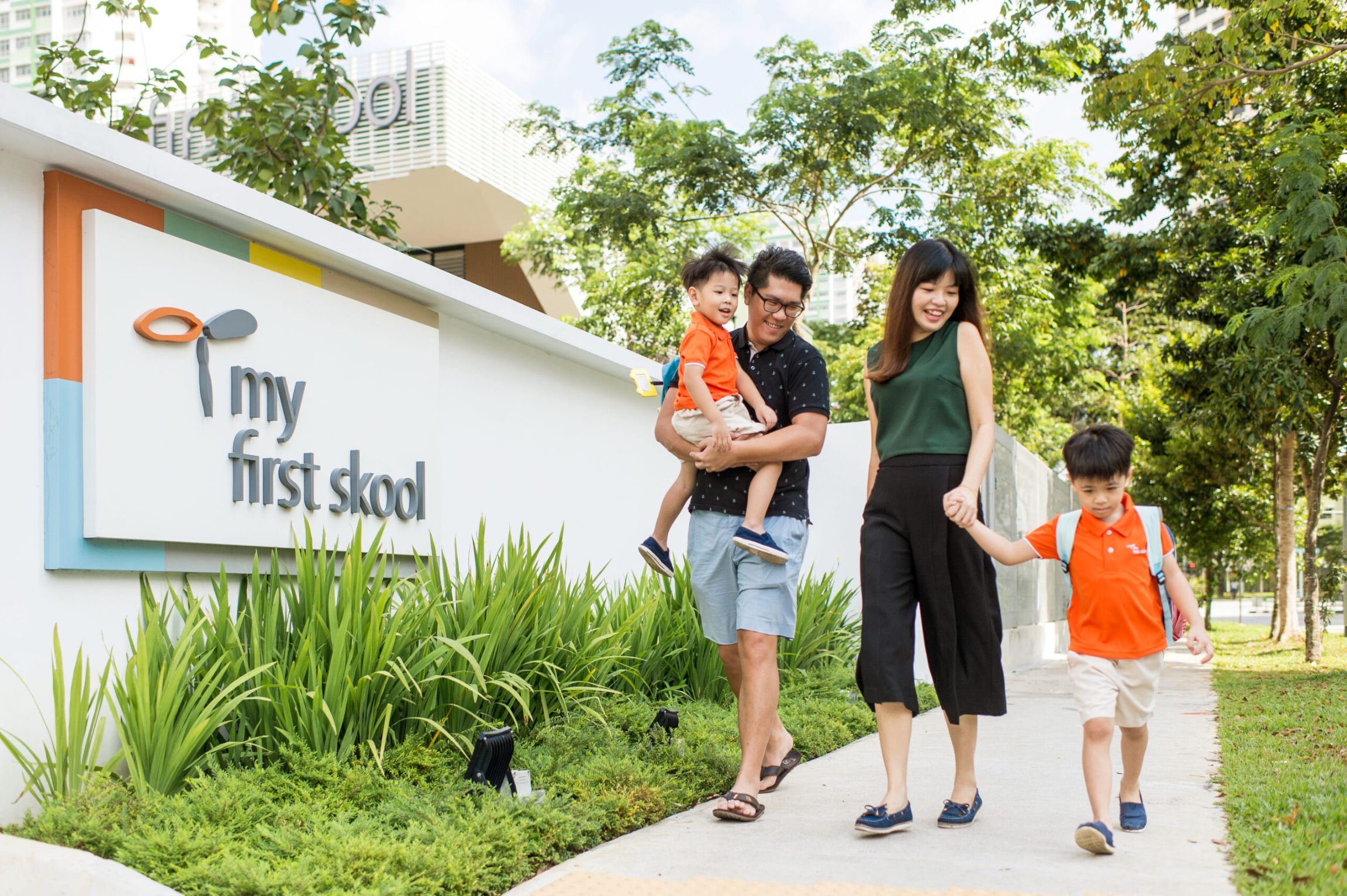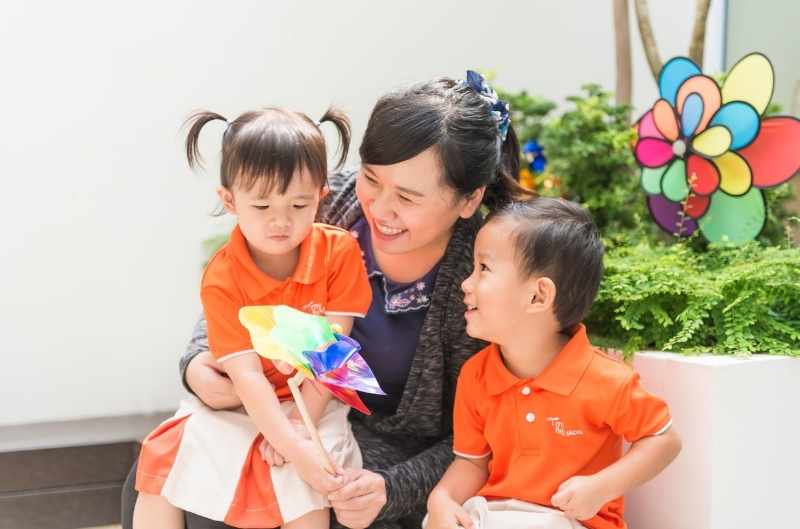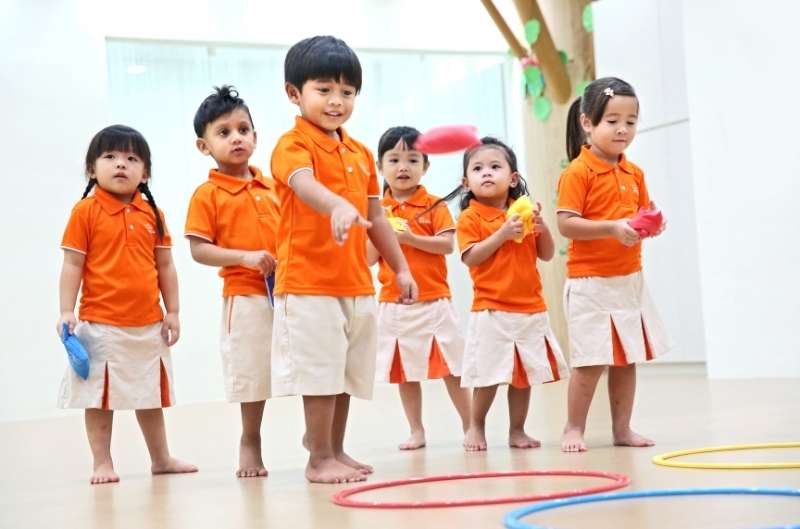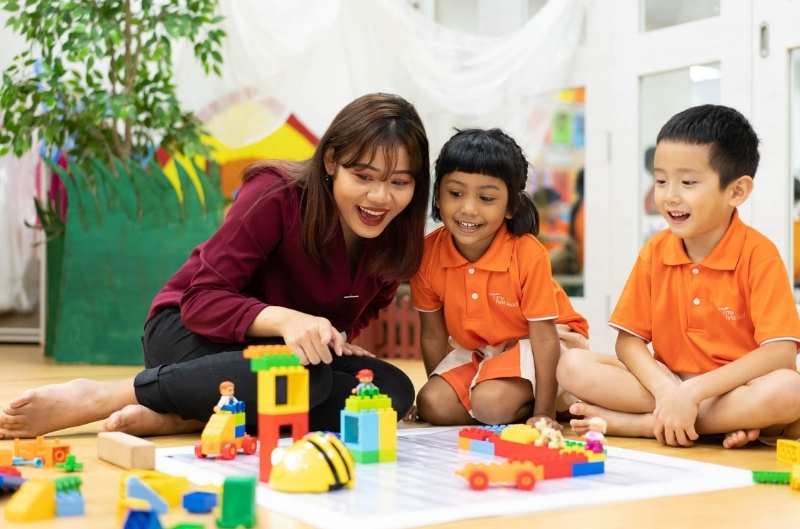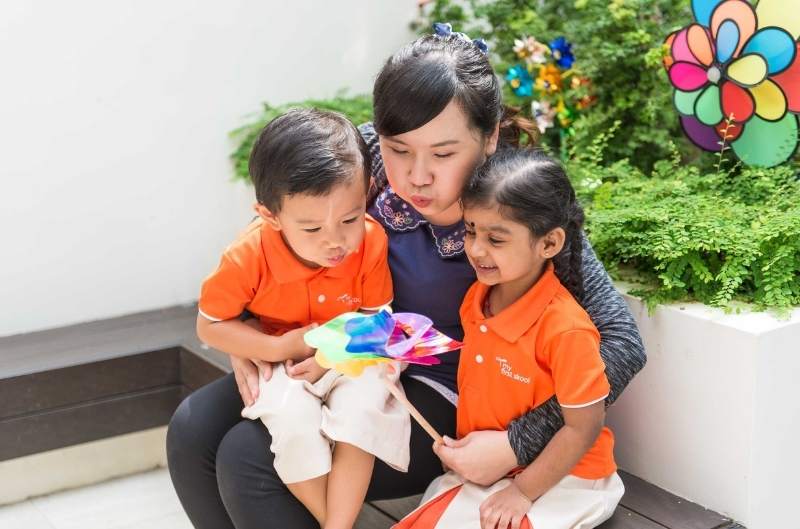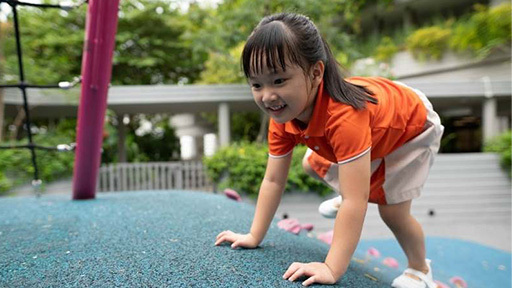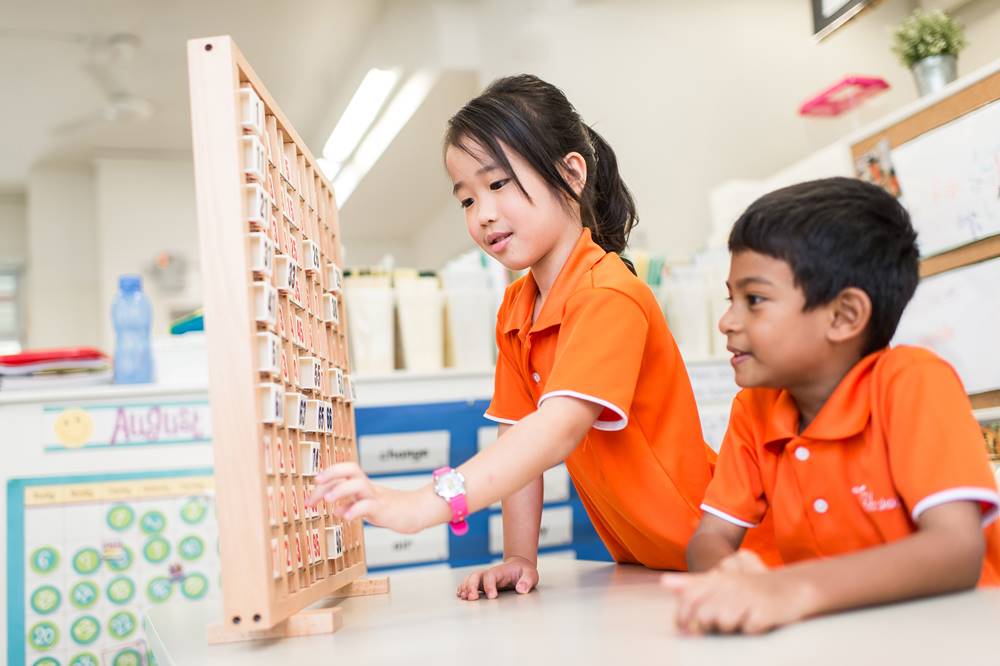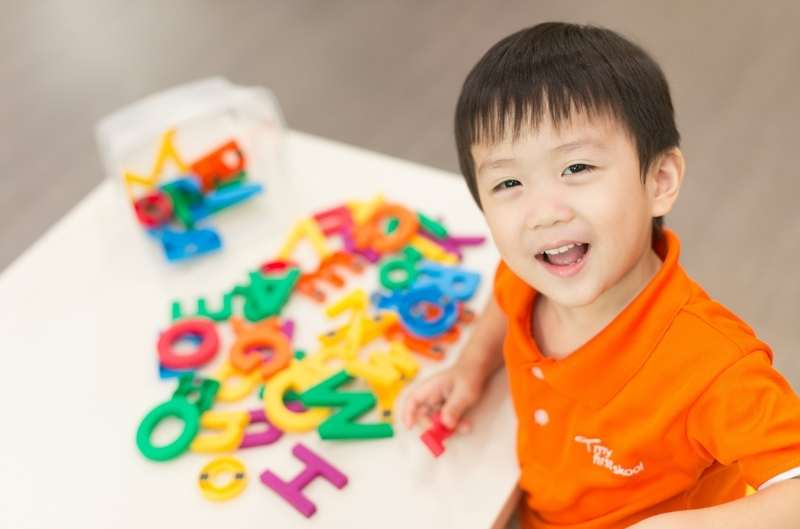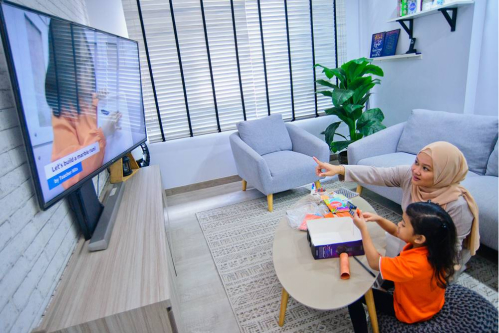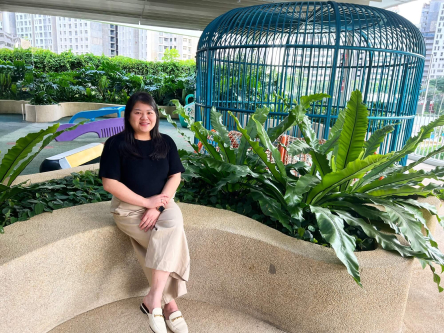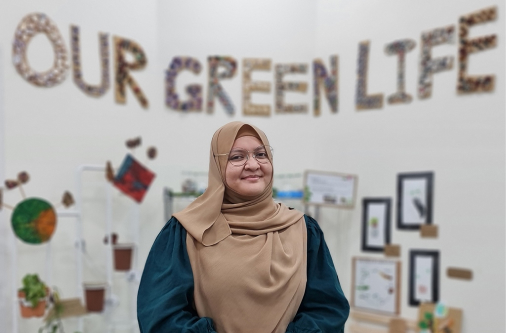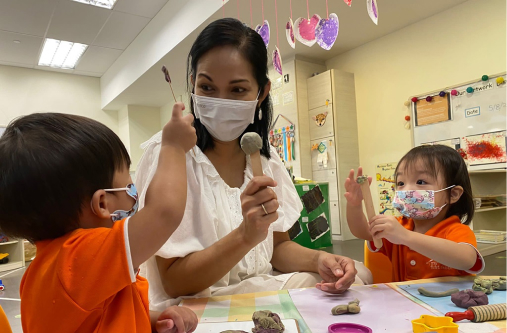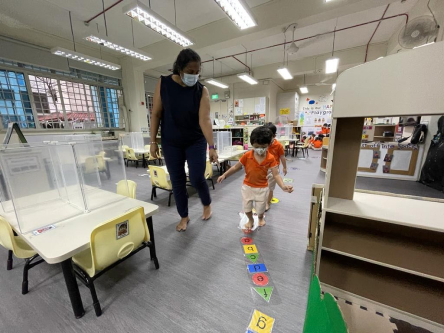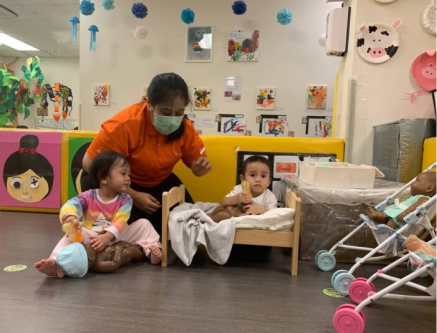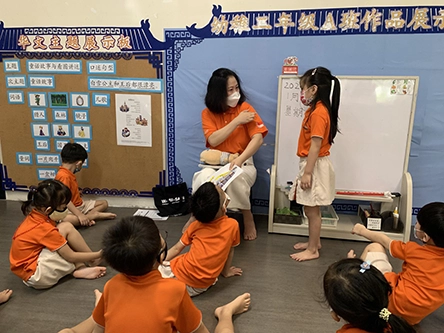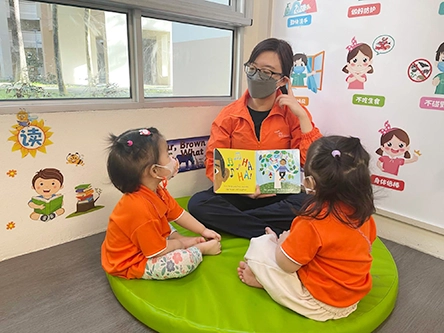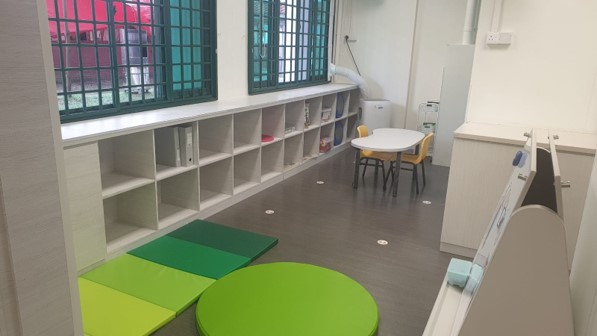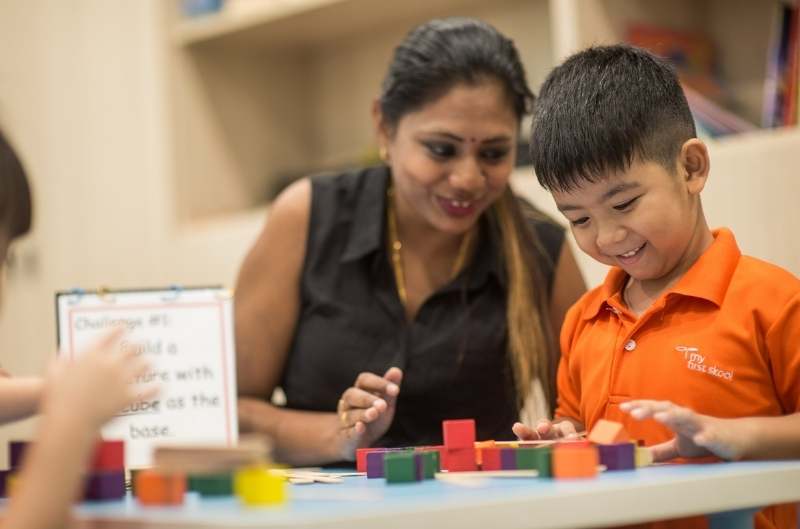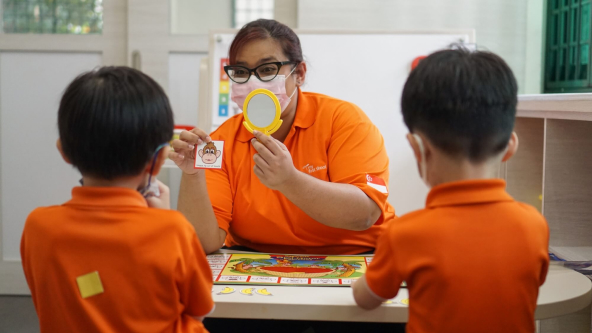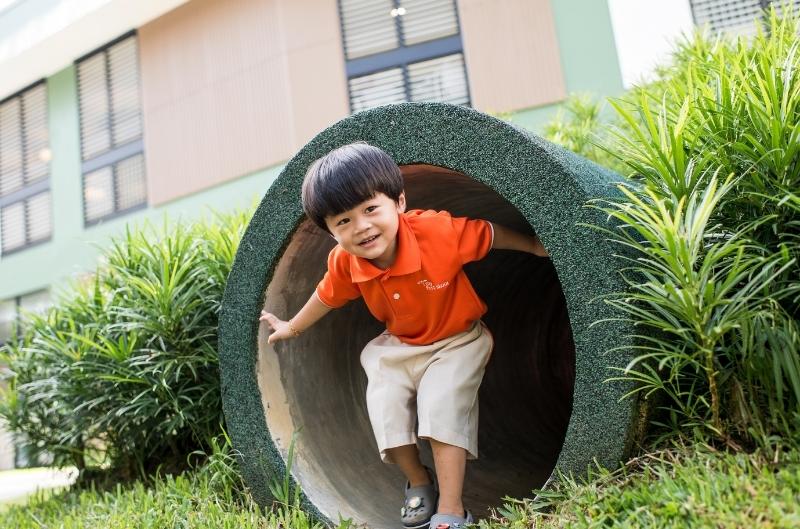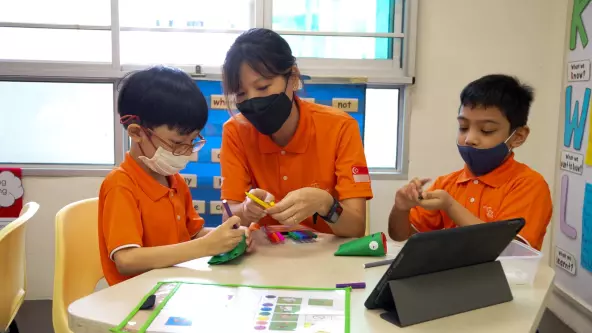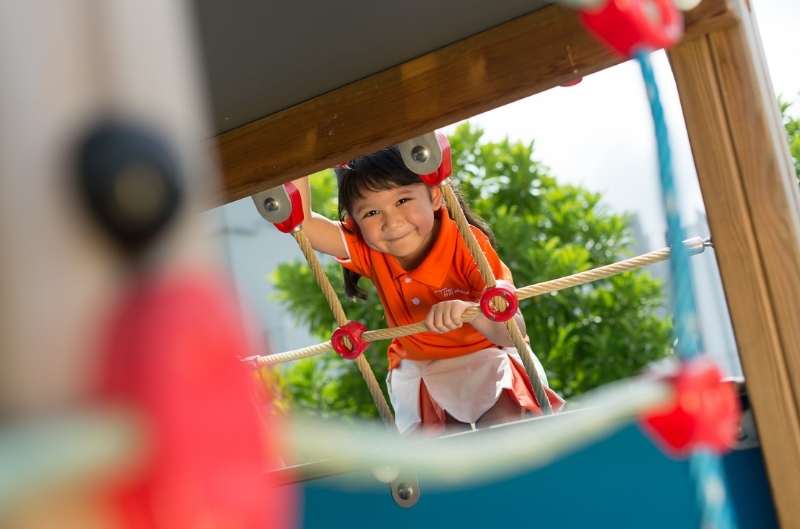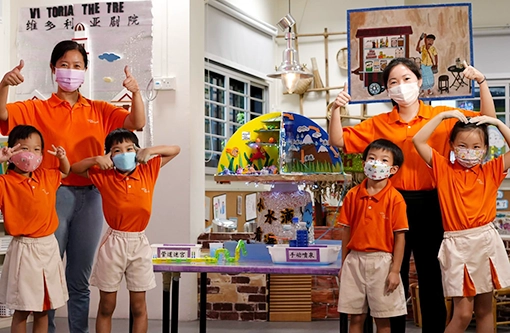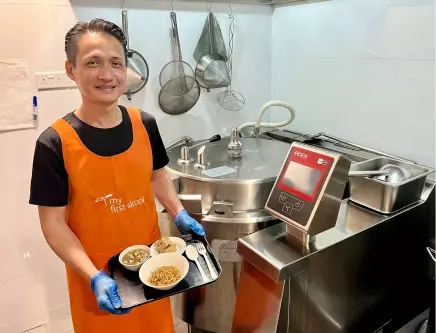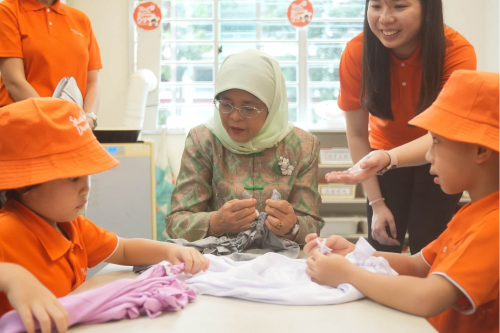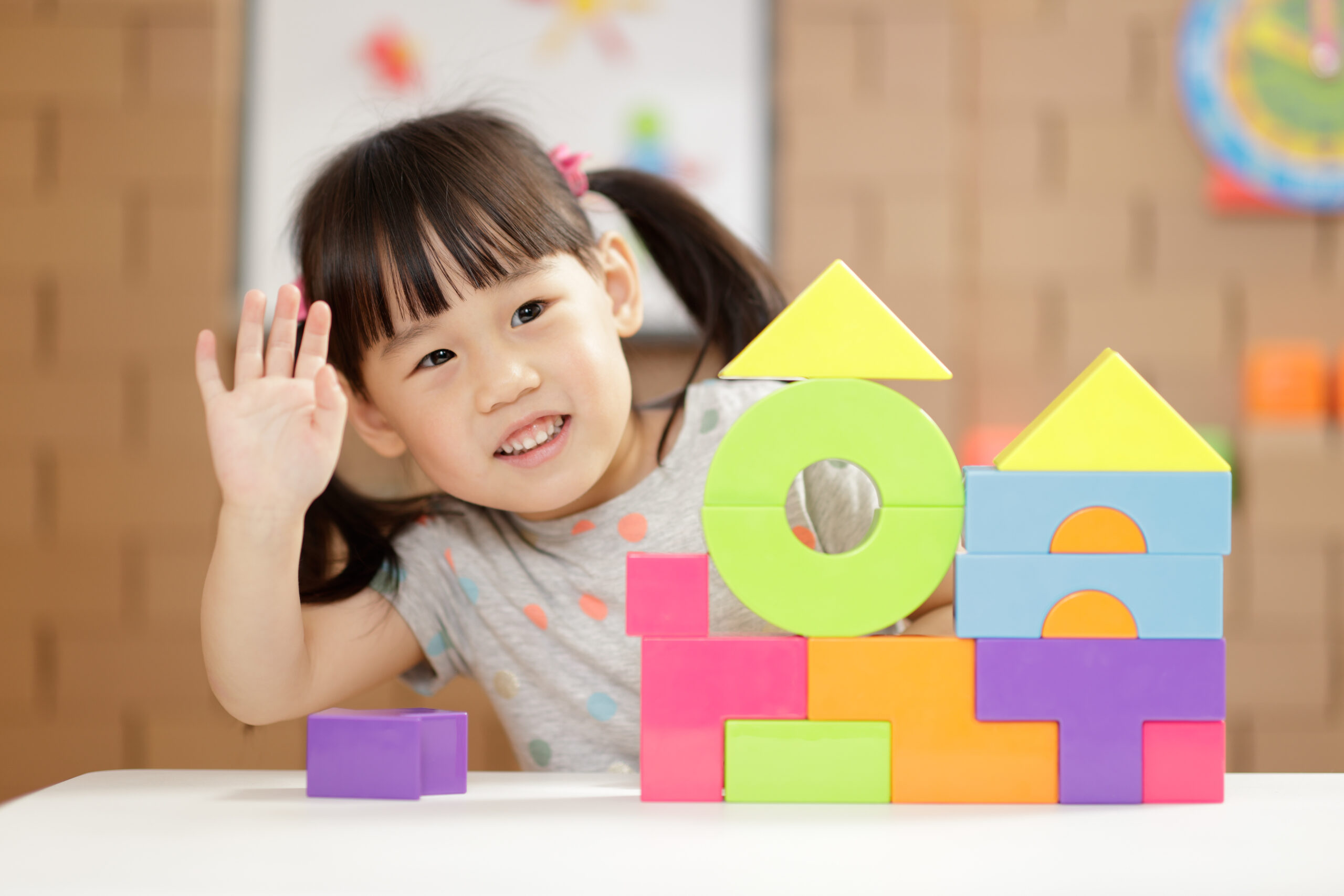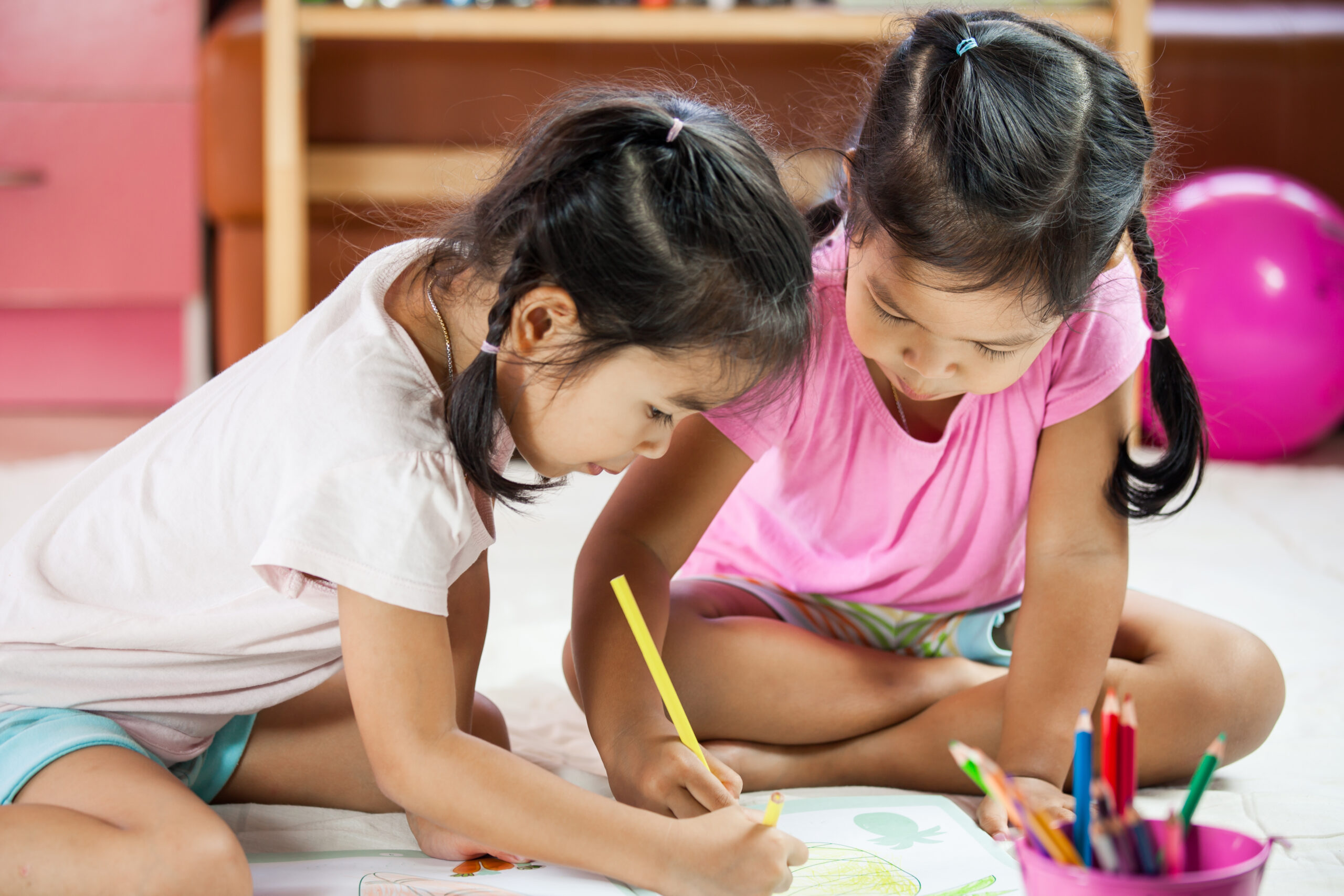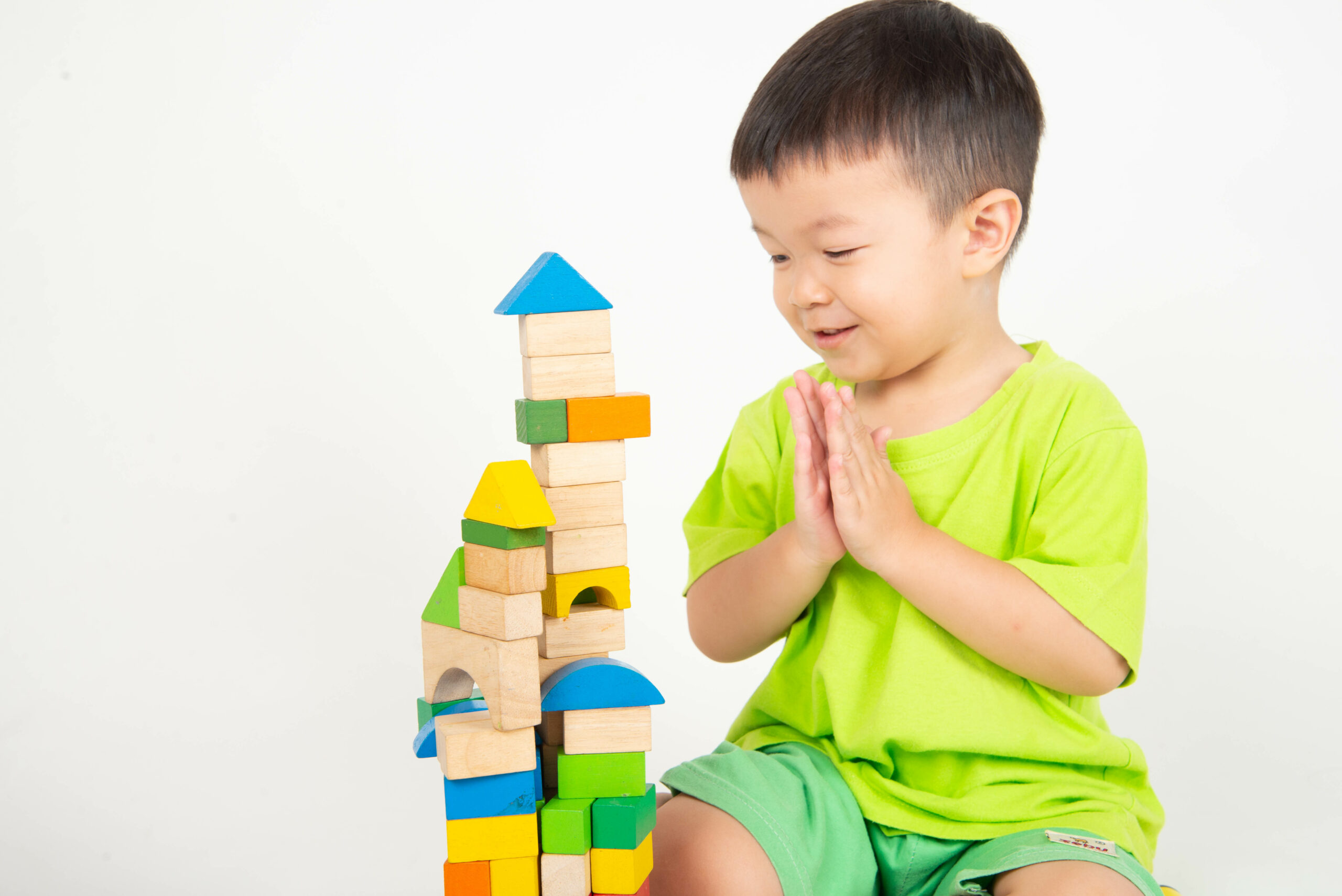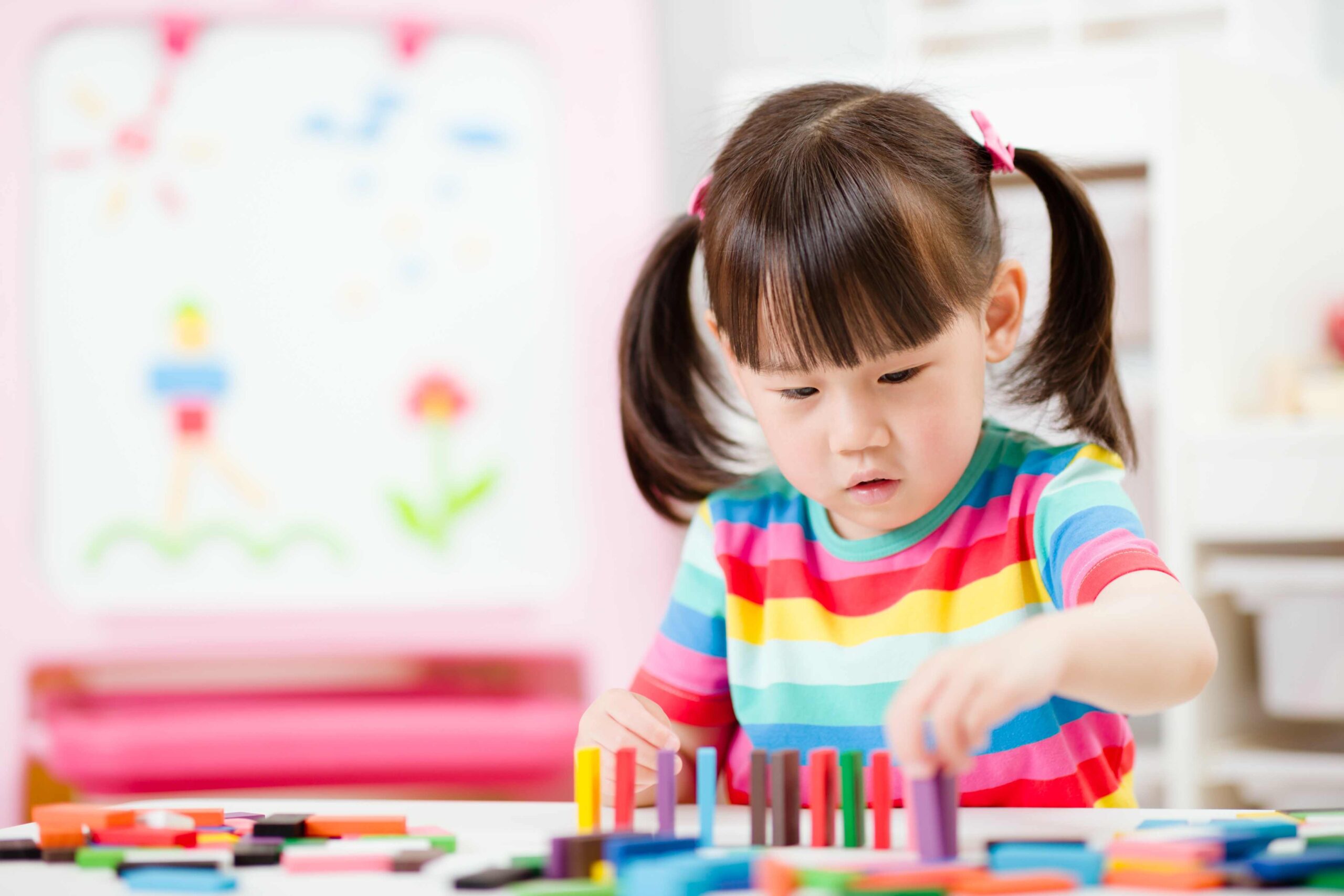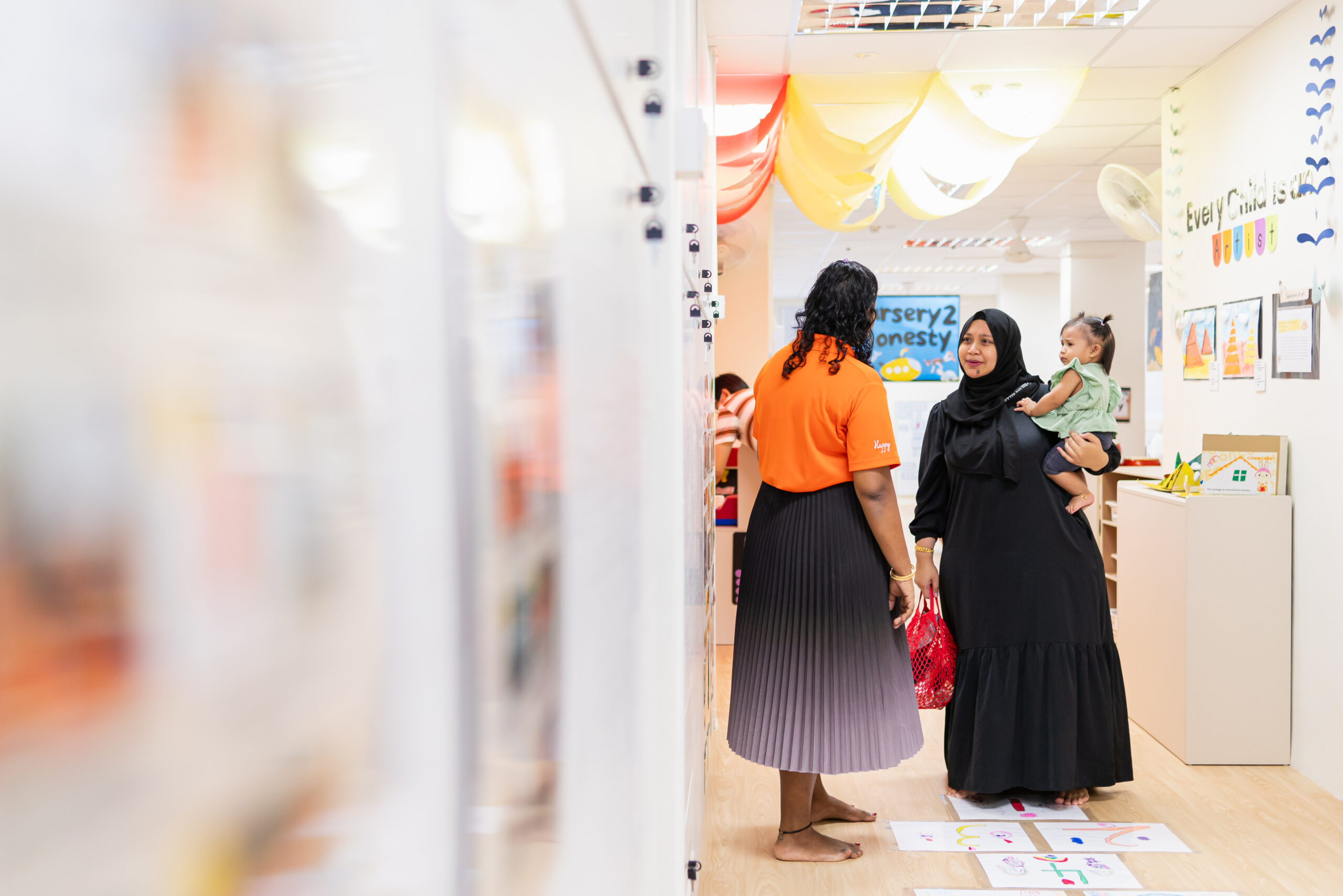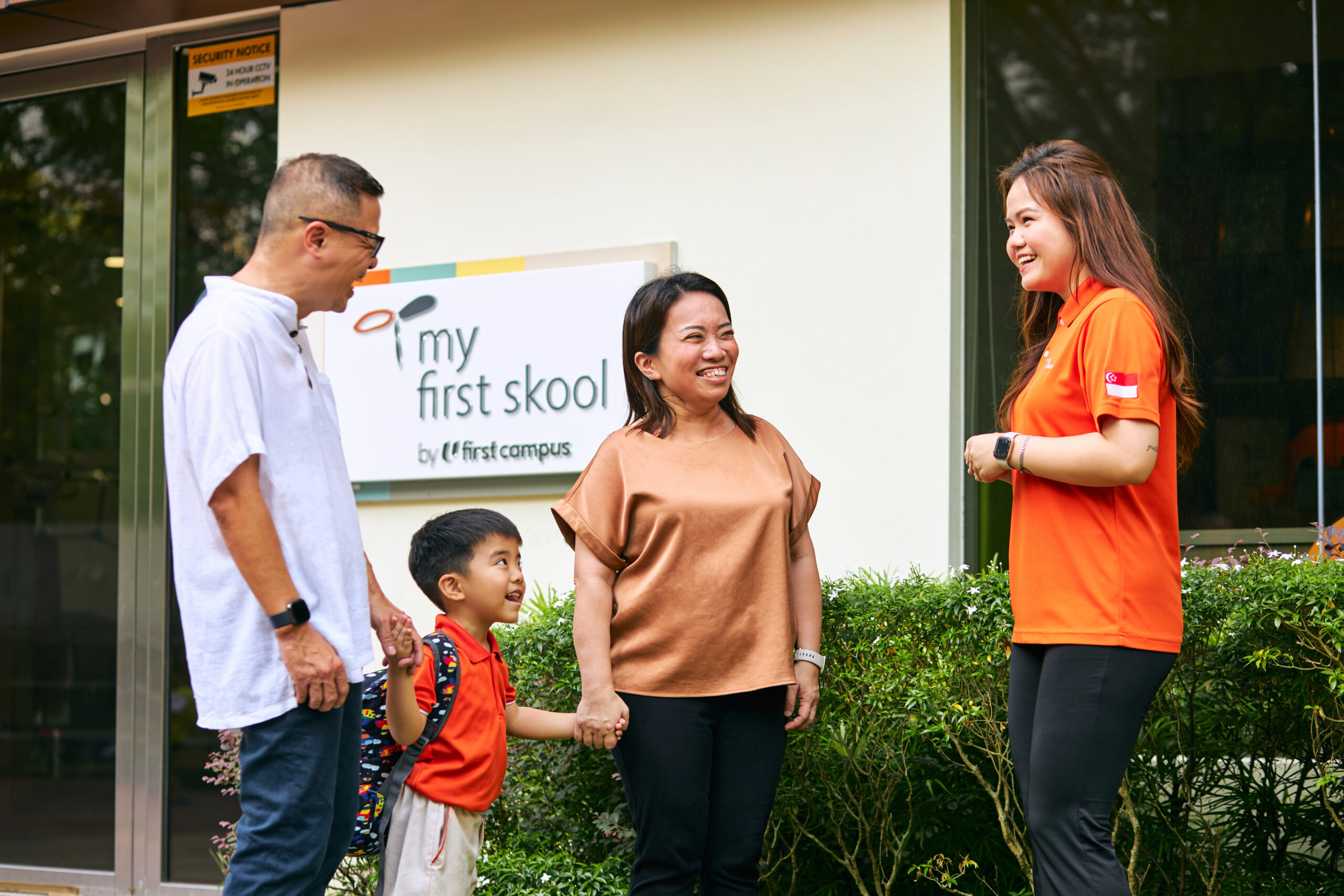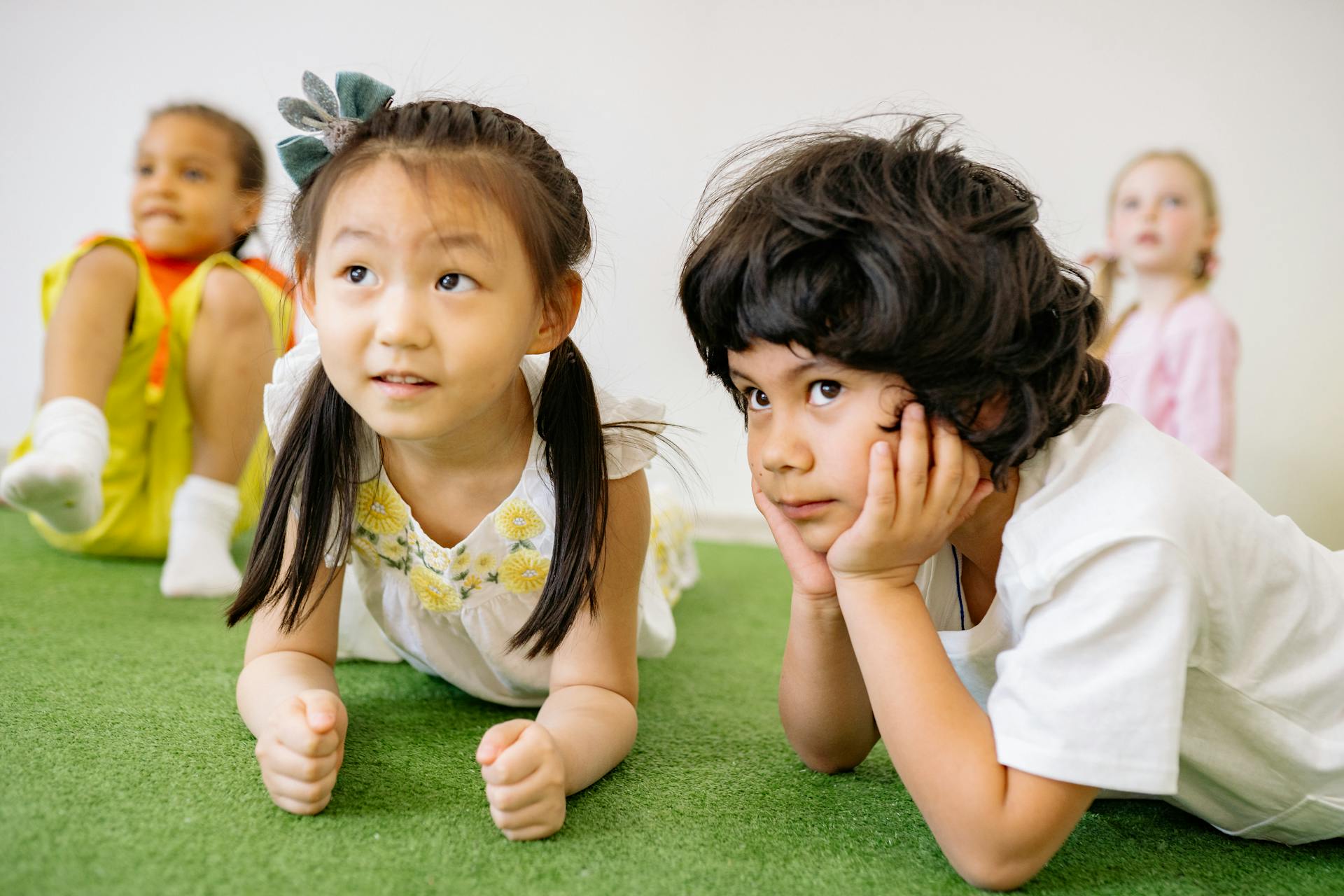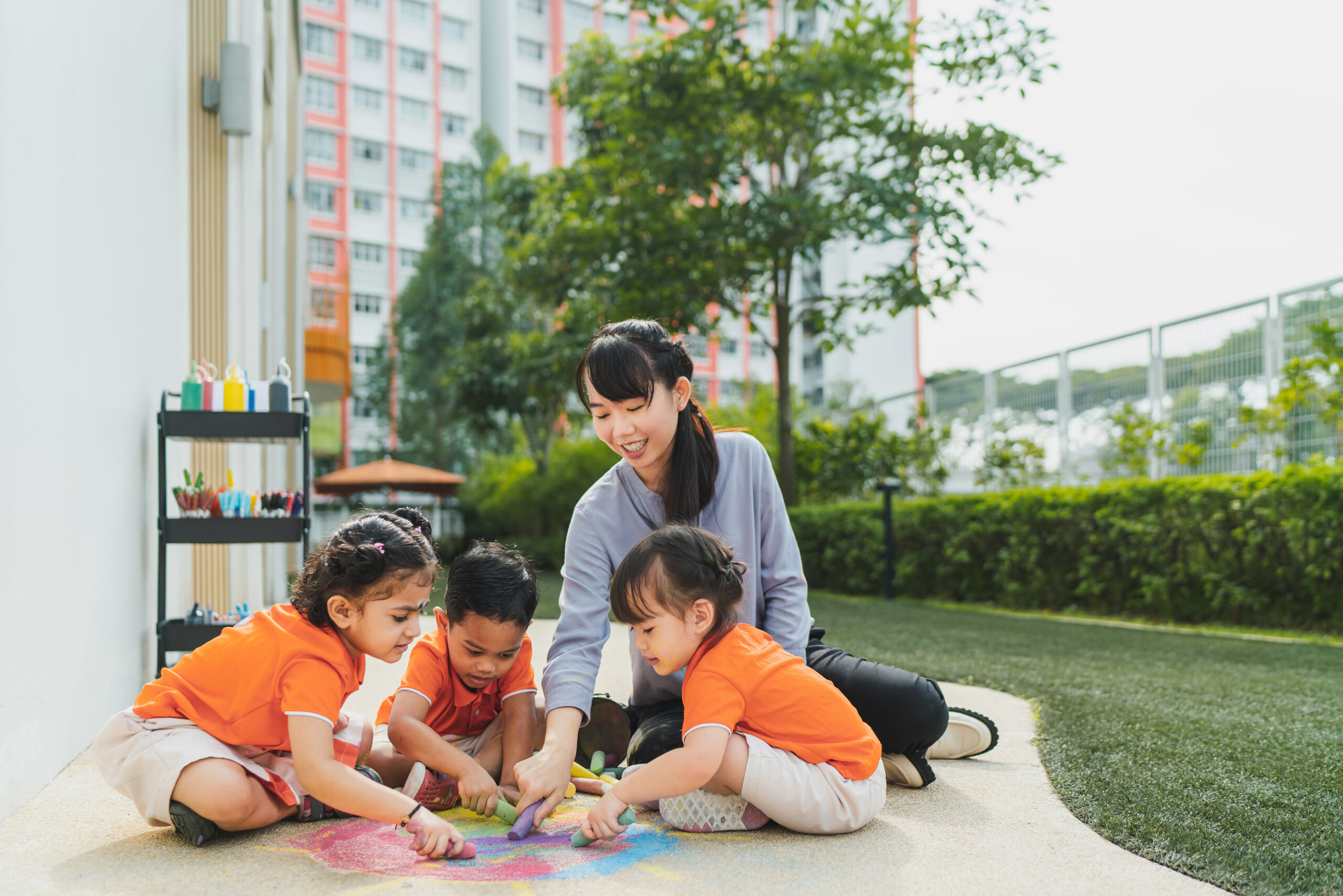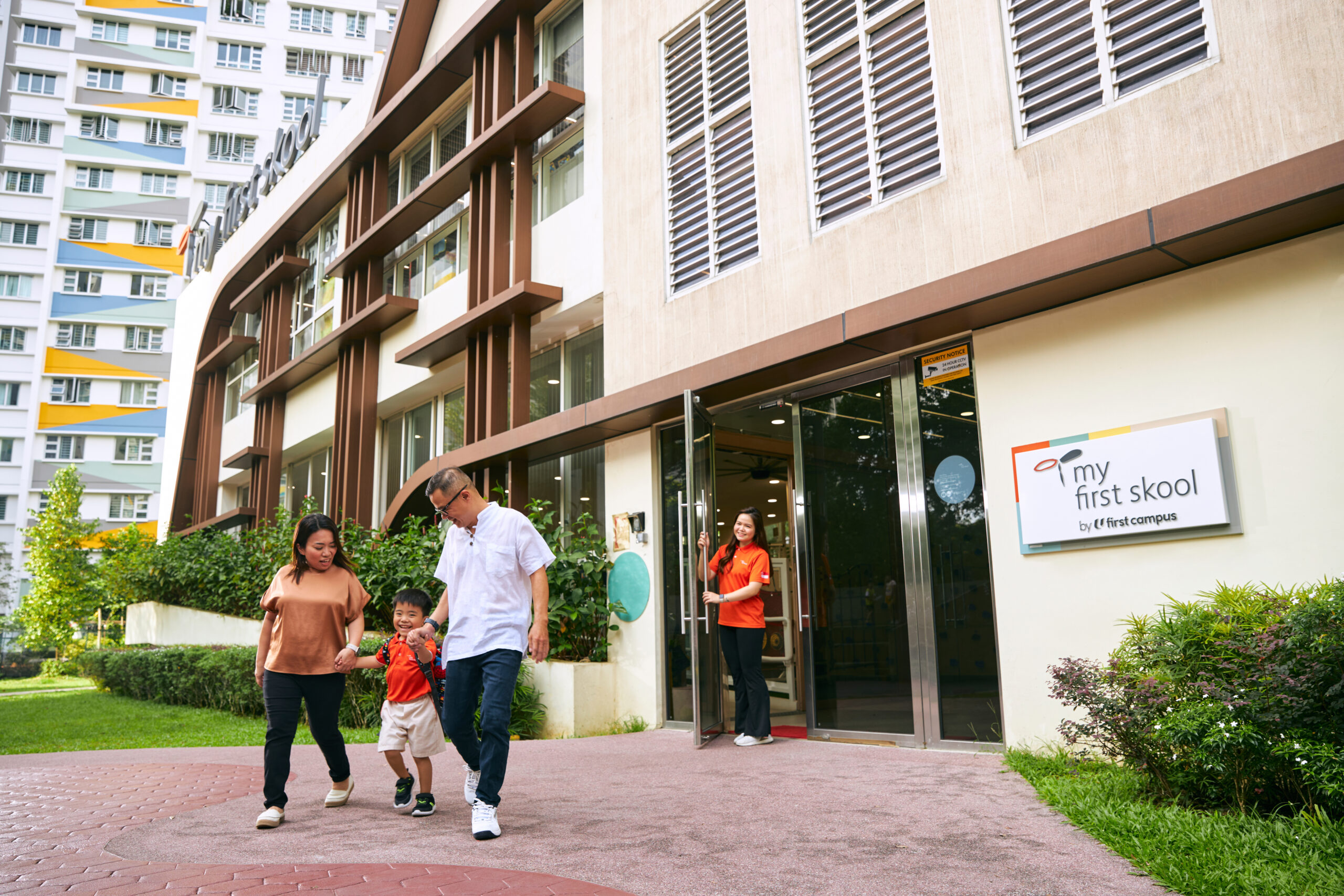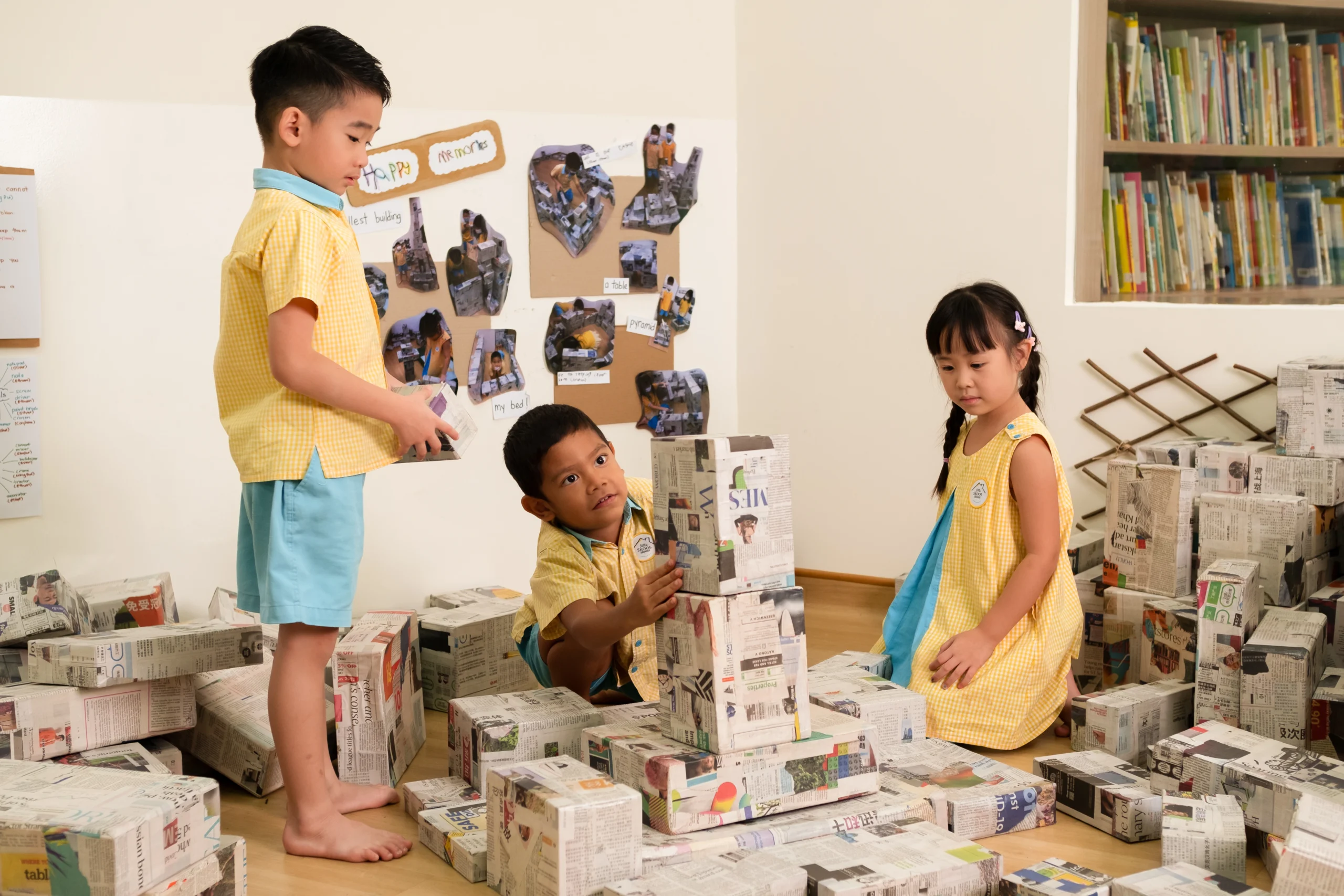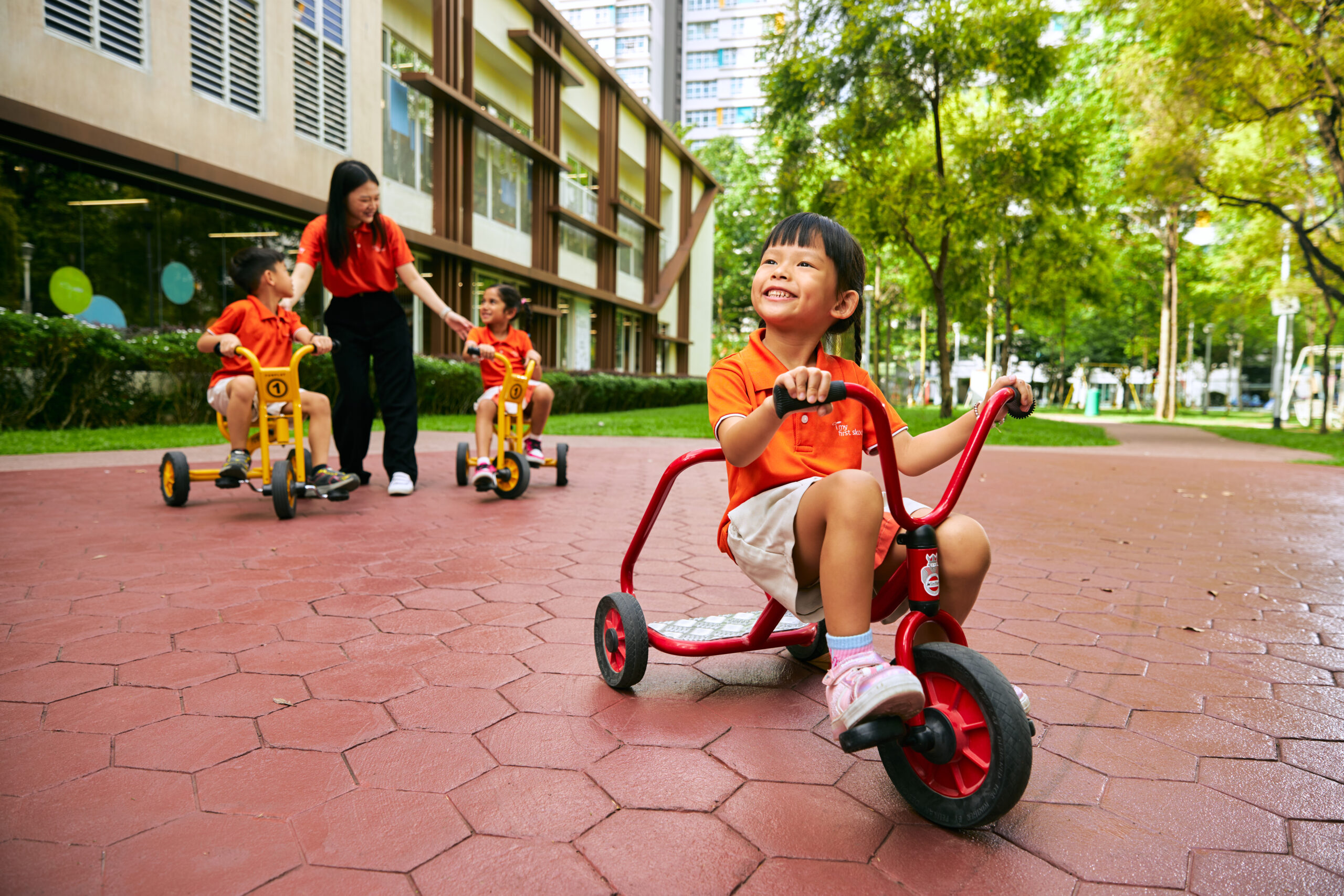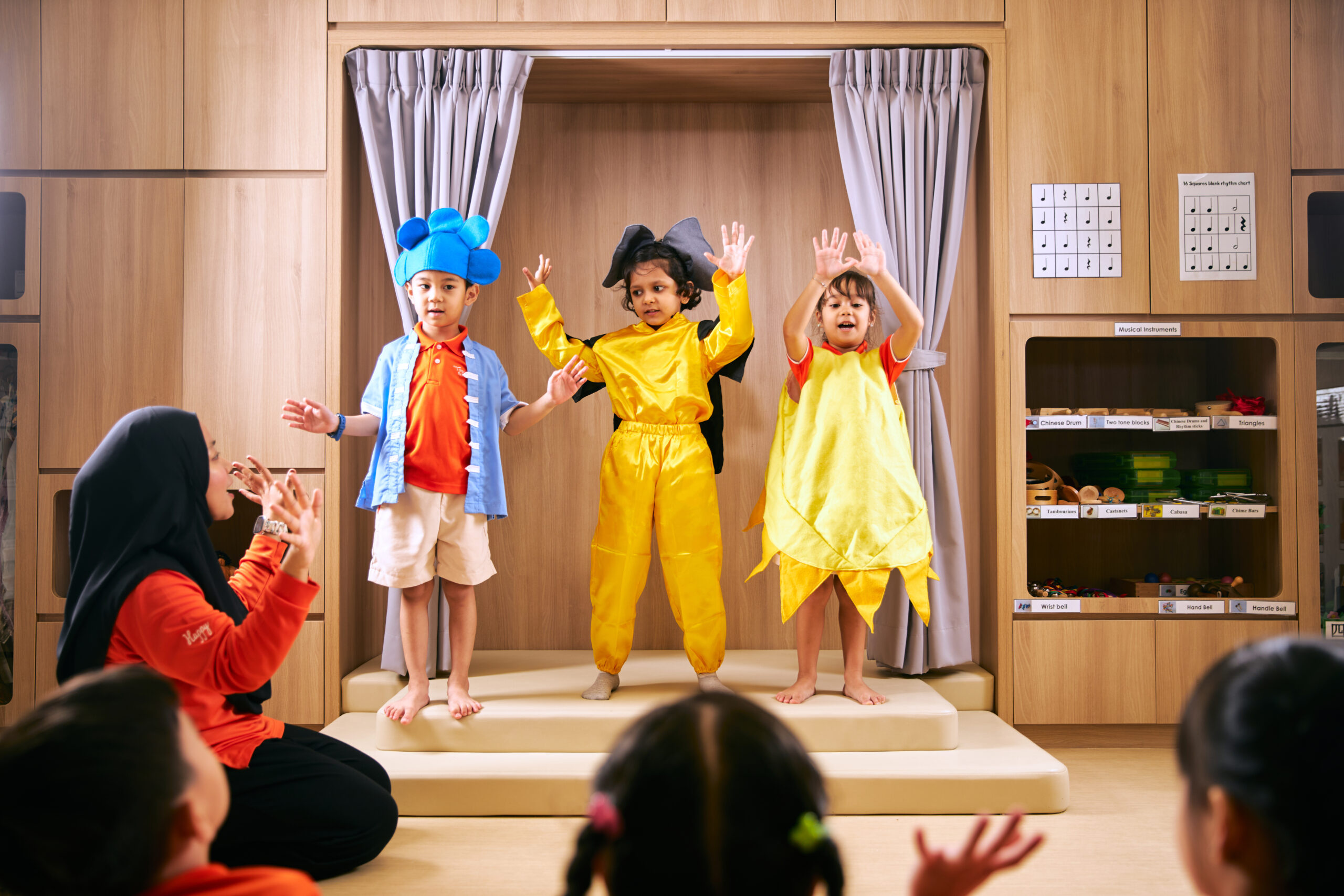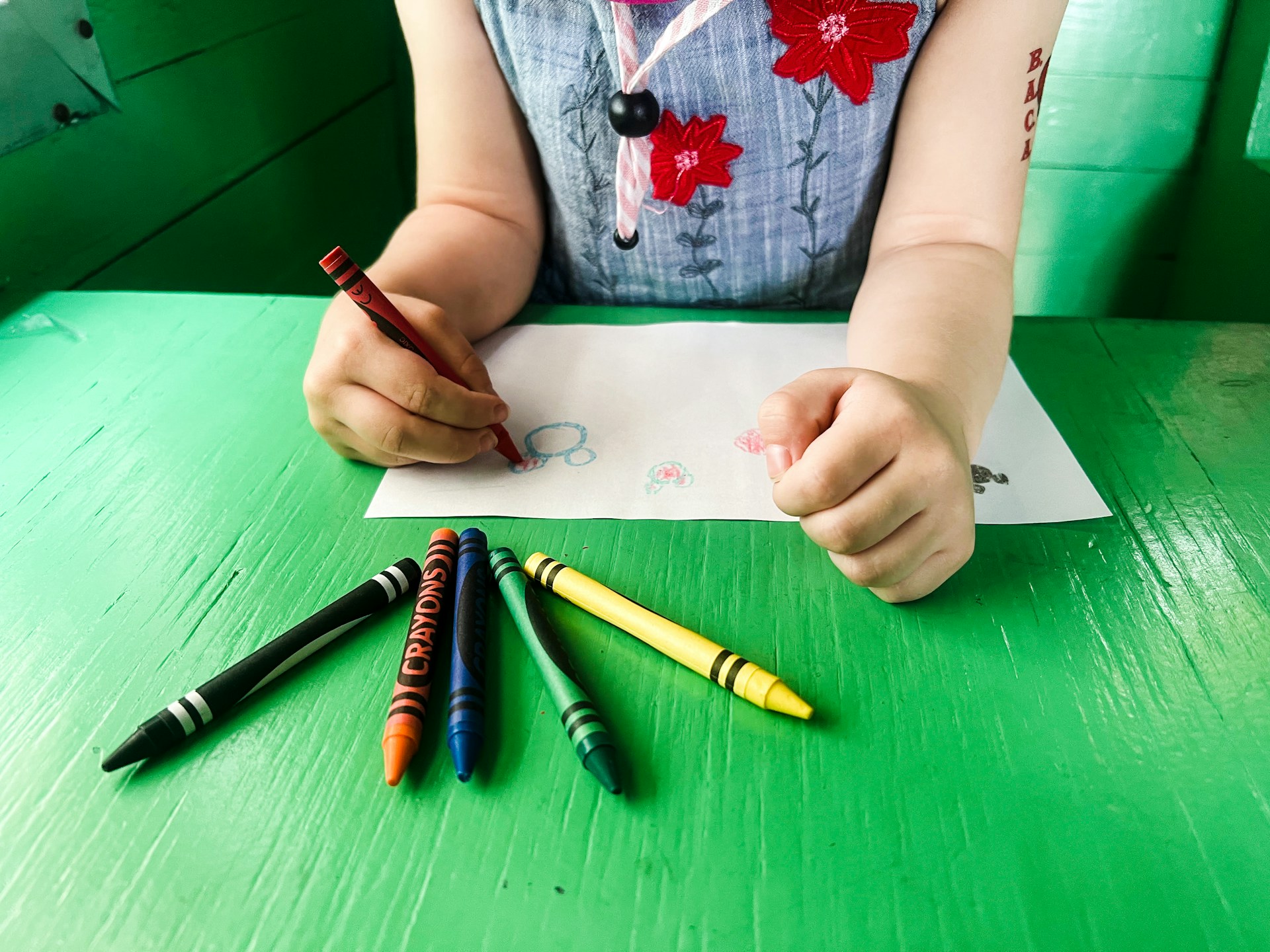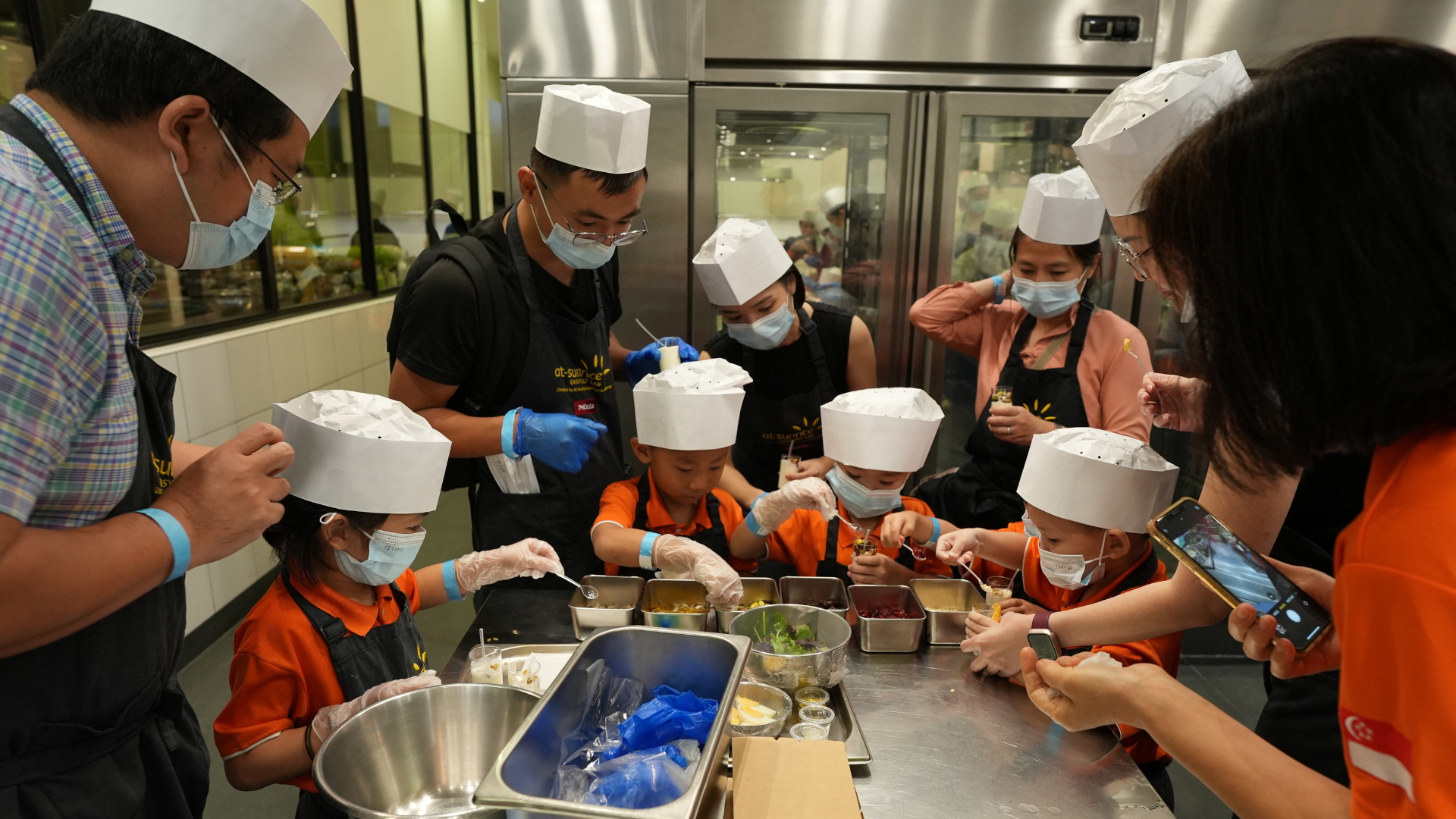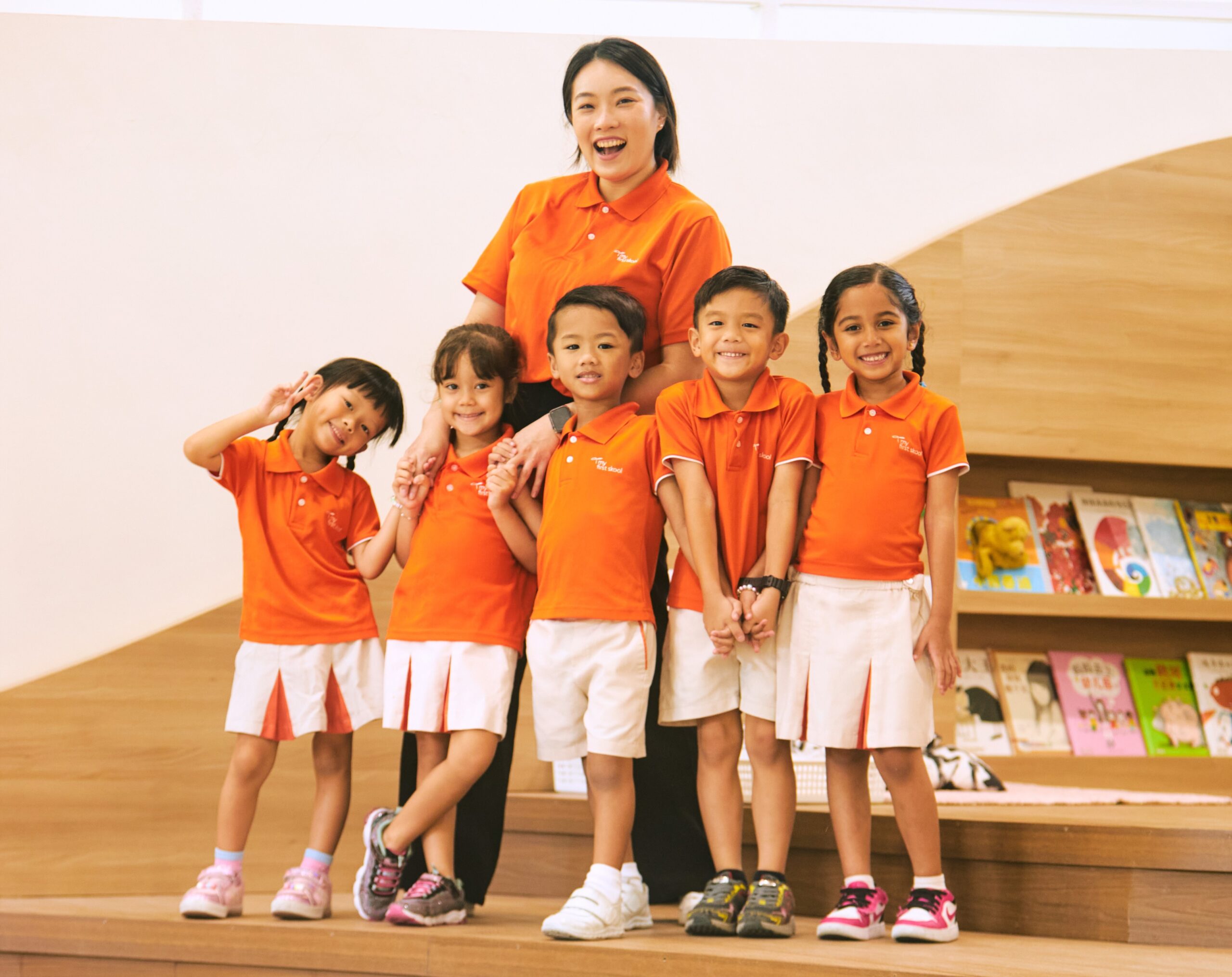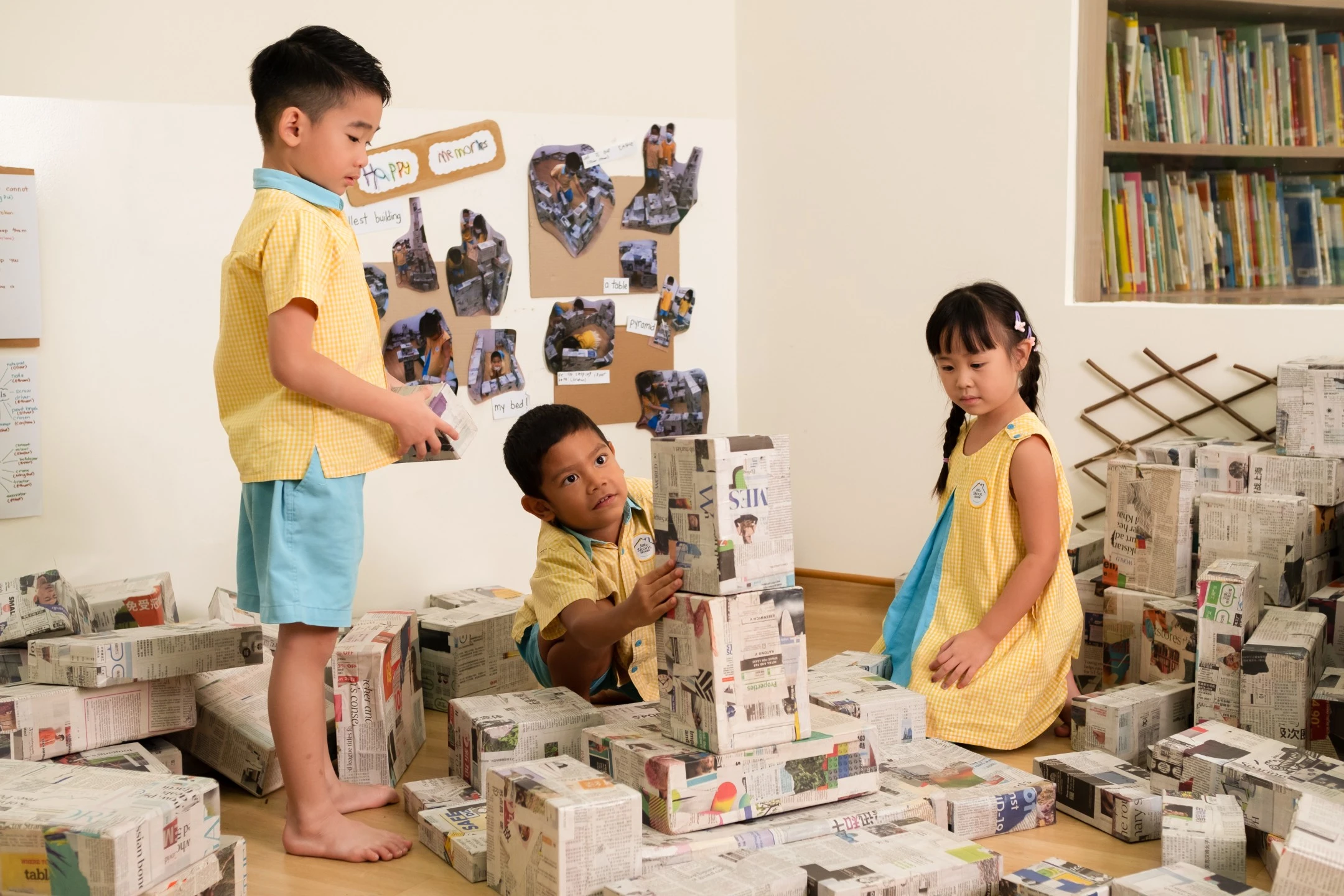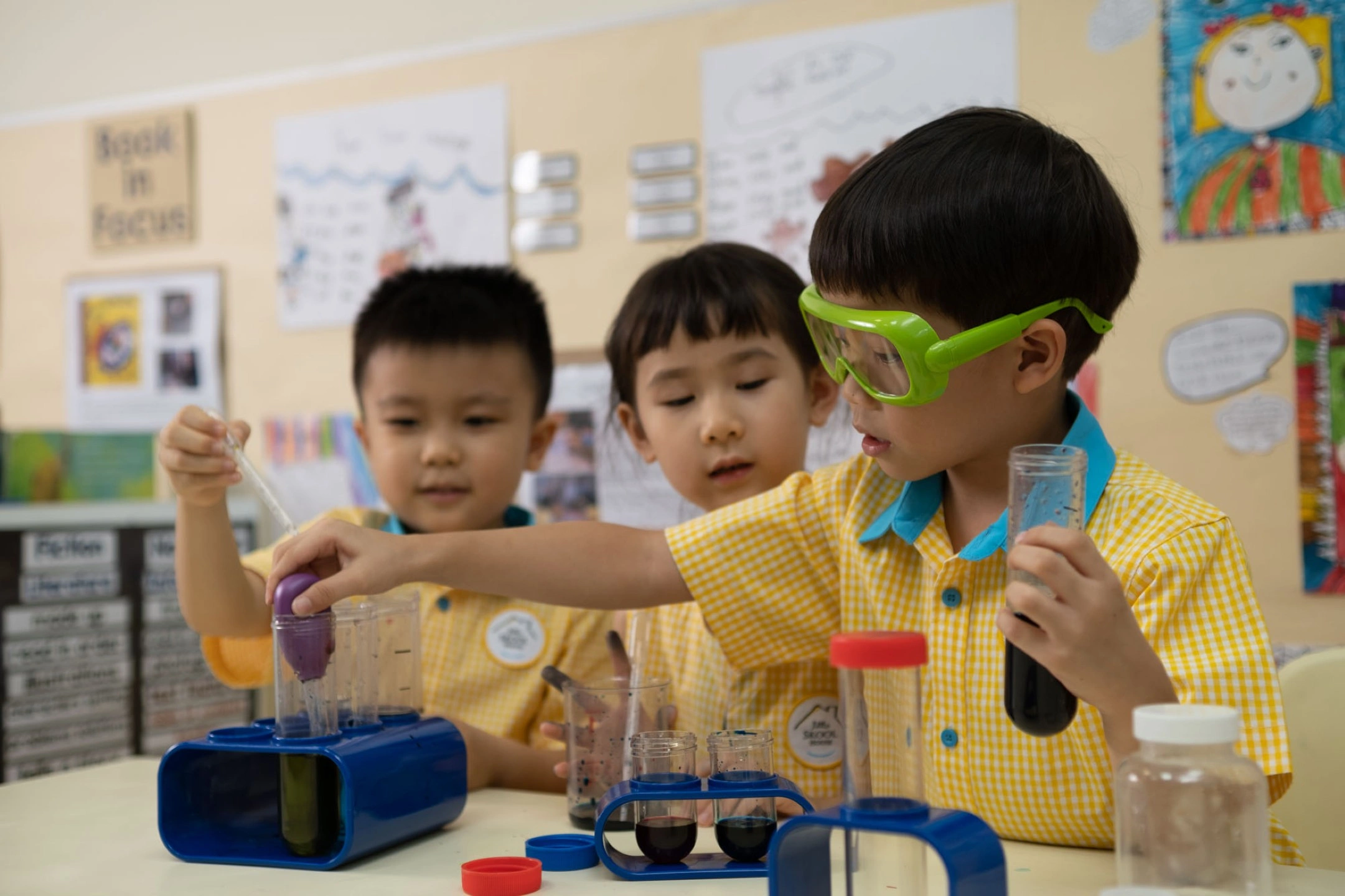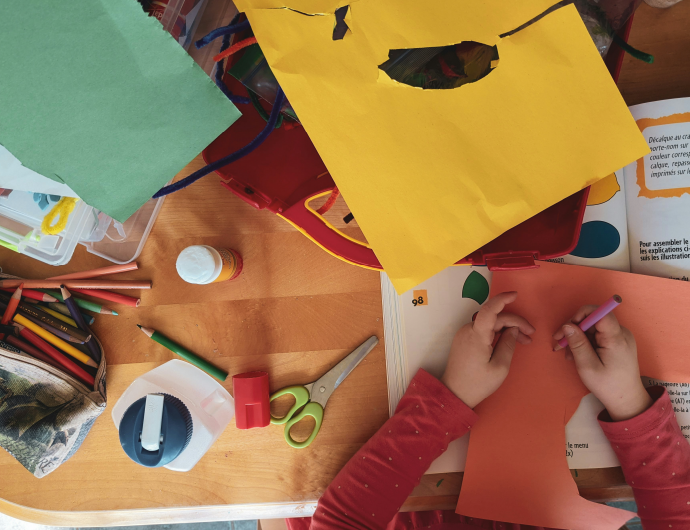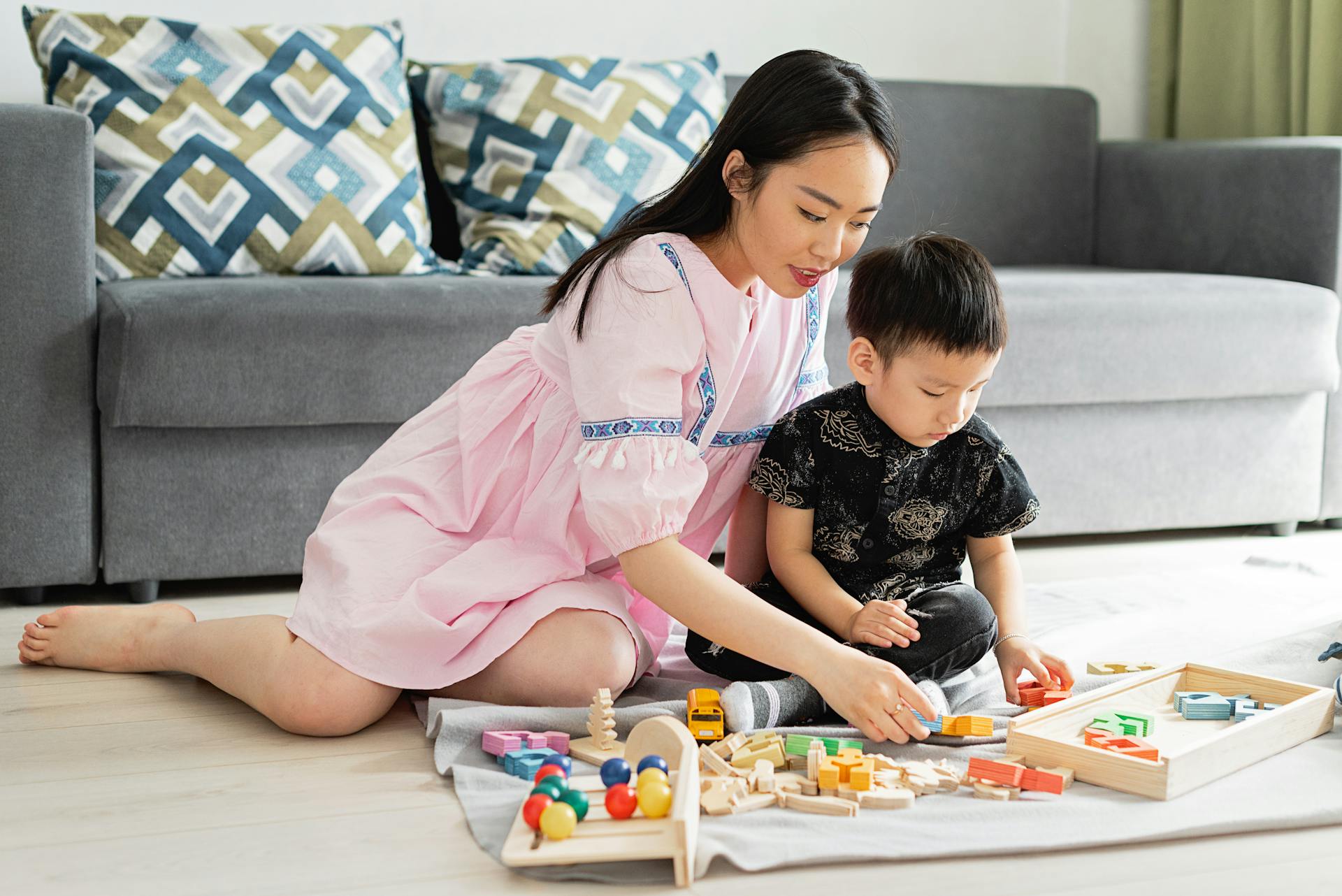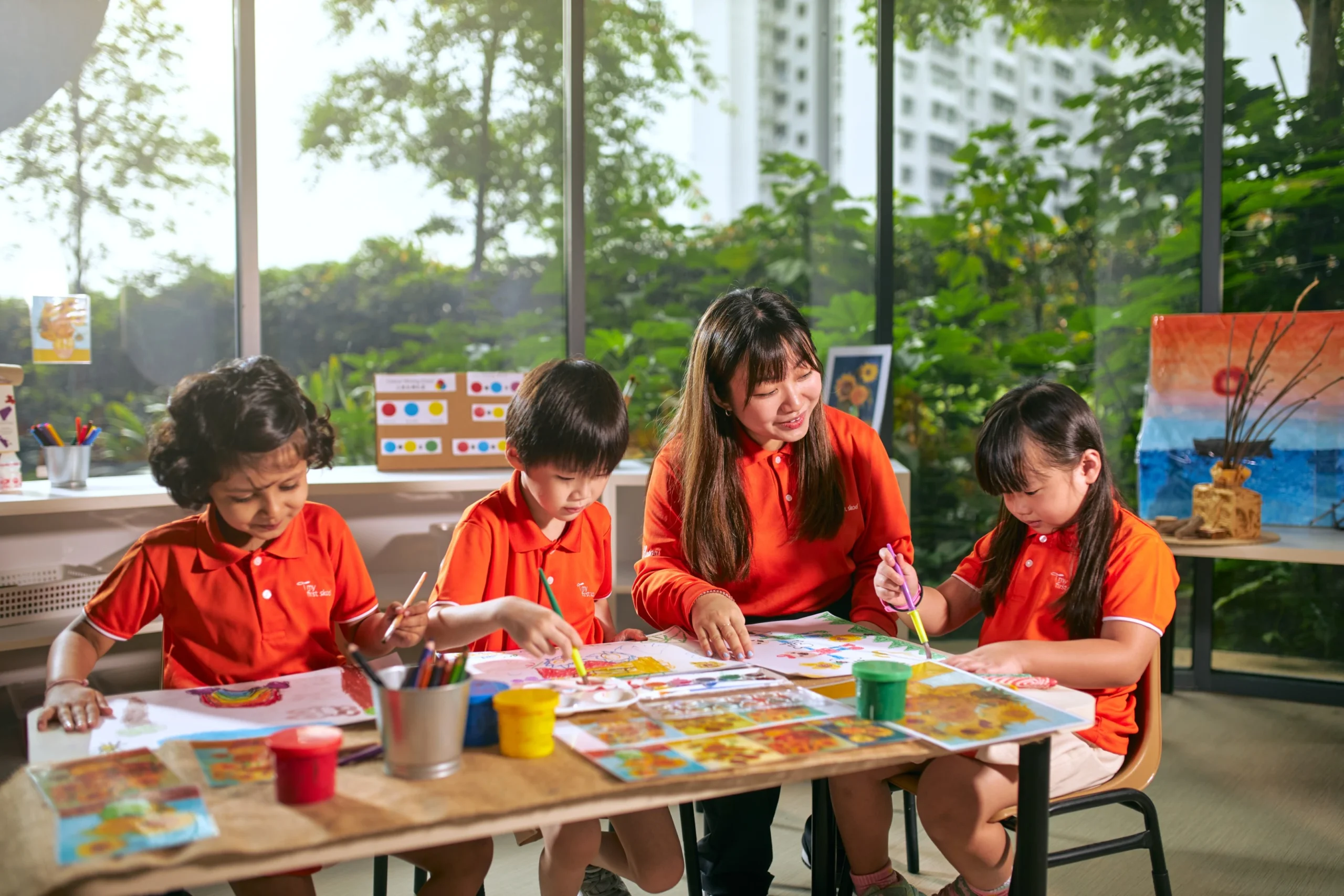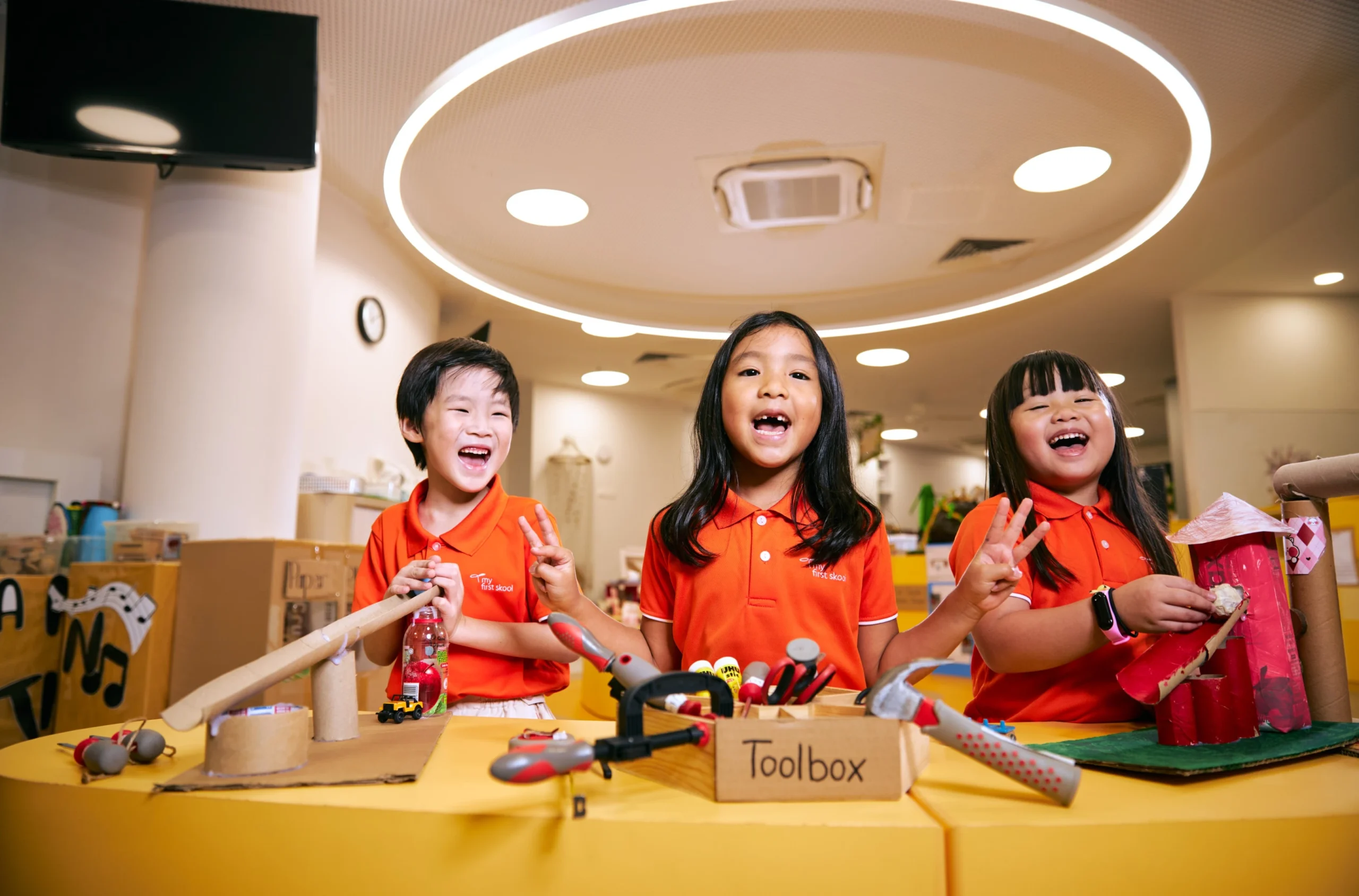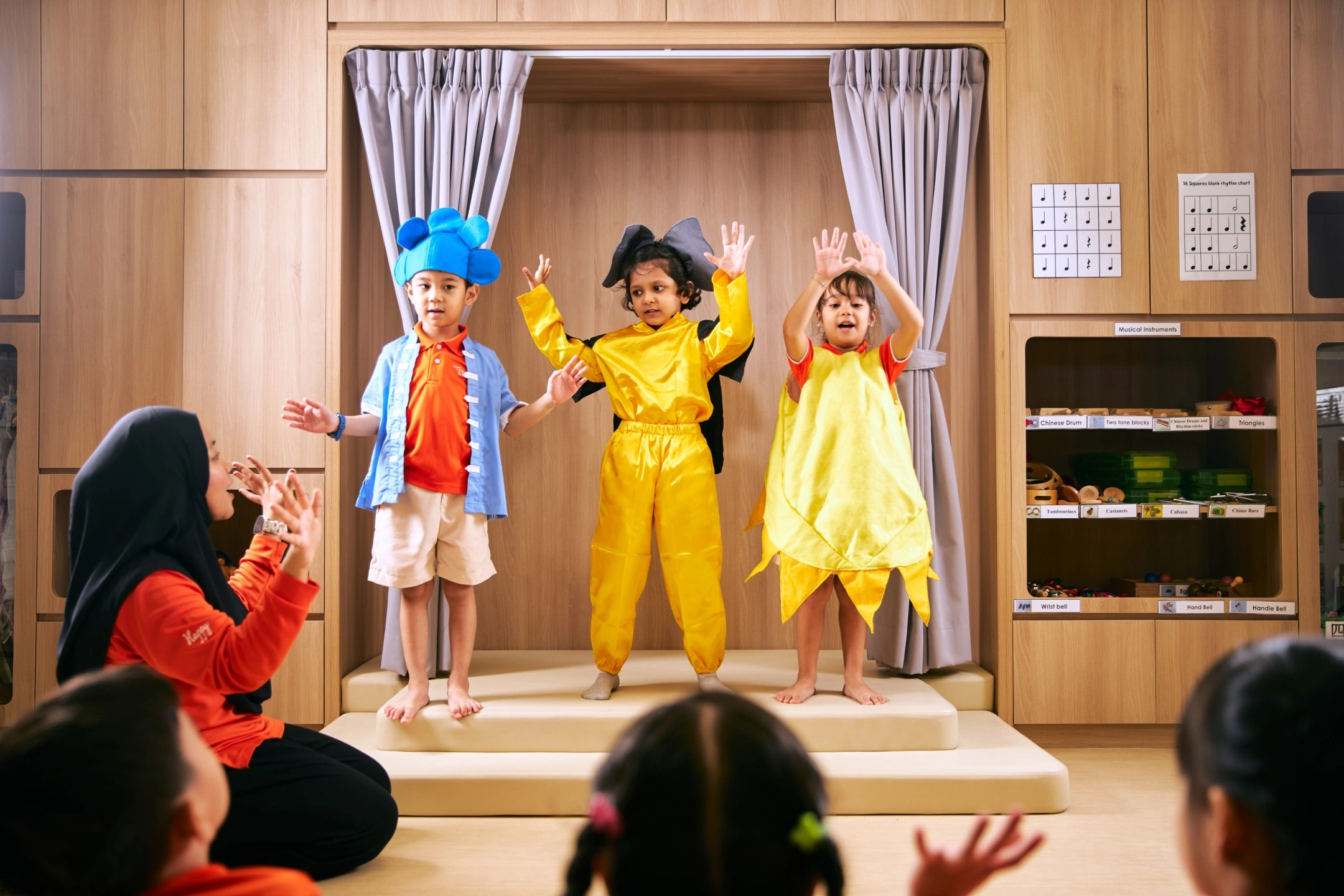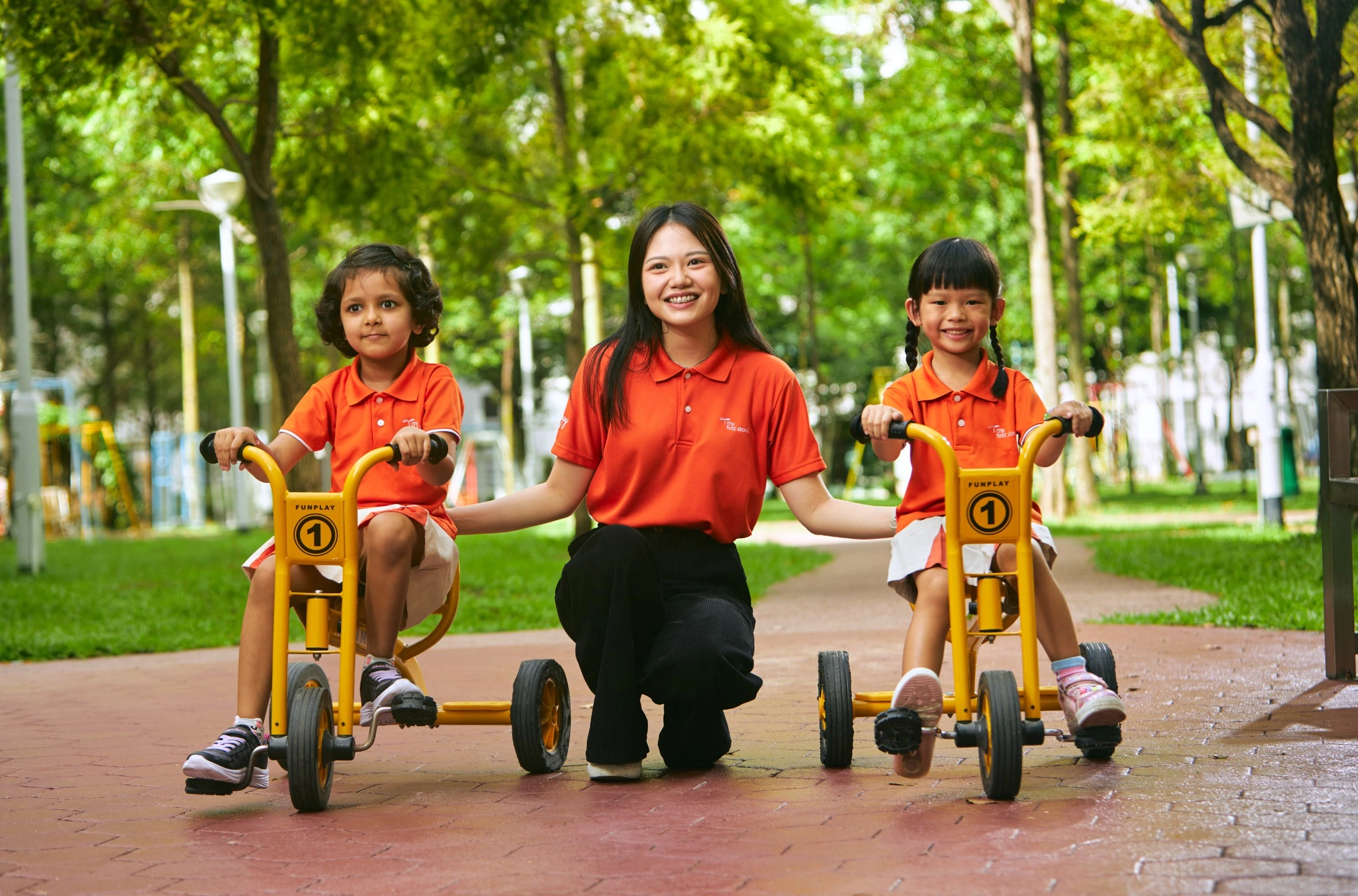How can we help?
How to Become a Kindergarten Teacher in Singapore (2025 Guide)
Education
Learning Environment
Embarking on a career as a kindergarten teacher in Singapore is both a noble and fulfilling journey. By nurturing young minds during their formative years, you play a pivotal role in shaping children’s future development.
This guide outlines the steps to becoming a kindergarten teacher in Singapore as of 2025, offering insights into the qualifications required, the certification process, and practical tips for thriving in this rewarding profession.
Overview of Kindergarten Teaching in Singapore
Kindergarten teaching in Singapore is a vital profession that plays a significant role in shaping the early childhood development of young children.
The Early Childhood Development Agency (ECDA) is responsible for regulating and overseeing the early childhood education sector in Singapore.
Kindergarten teachers in Singapore are trained to provide high-quality early childhood care and education to children aged 18 months to 6 years old. They are responsible for creating a nurturing environment that promotes children’s physical, emotional, and social development.
The Future of Early Childhood Education
The future of early childhood education in Singapore looks promising, with the government investing heavily in the sector.
The ECDA has introduced various initiatives to improve the quality of early childhood education, including the introduction of the Singapore Pre-school Accreditation Framework (SPAF) and the Early Childhood Development Agency (ECDA) Fellowship.
These initiatives aim to raise the standards of early childhood education and provide kindergarten teachers with opportunities for professional development and career advancement.
Understanding the Role of a Kindergarten Teacher
Kindergarten teachers in Singapore cater to children aged five to six, preparing them for primary education. Aspiring educators often pursue specialised training and certifications to work effectively in early years settings.
Beyond teaching foundational subjects like literacy and numeracy, they foster social, emotional, and personal development. Their responsibilities include:
- Developing Lesson Plans: Crafting structured activities that promote holistic development.
- Assessing Learning Capacities: Evaluating each child’s progress and adapting teaching methods accordingly.
- Facilitating Child Development: Encouraging curiosity, creativity, and critical thinking through interactive learning.
- Engaging with Parents: Communicating children’s achievements and areas for growth to their families.
The Early Childhood Development Agency (ECDA), under the Ministry of Education (MOE) and the Ministry of Social and Family Development (MSF), regulates kindergarten teaching in Singapore.
Early Childhood Educational Qualifications
To embark on this career, certain academic credentials are essential:
- Diploma in Early Childhood Care and Education (ECCE): This is the basic requirement for teaching preschool-aged children in Singapore.
- Degree in Early Childhood Education (ECE): While a diploma is sufficient for most teaching positions, a degree enhances career prospects and allows for leadership roles.
- Other Recognised Qualifications: Some universities offer alternative pathways through education or psychology degrees with early childhood specialisations.
- WSQ Higher Certificate in Infant Care: This qualification is essential for those looking to specialise in early intervention education for infants.
Certification and Accreditation
Prospective kindergarten teachers must obtain accreditation from the ECDA. The process includes:
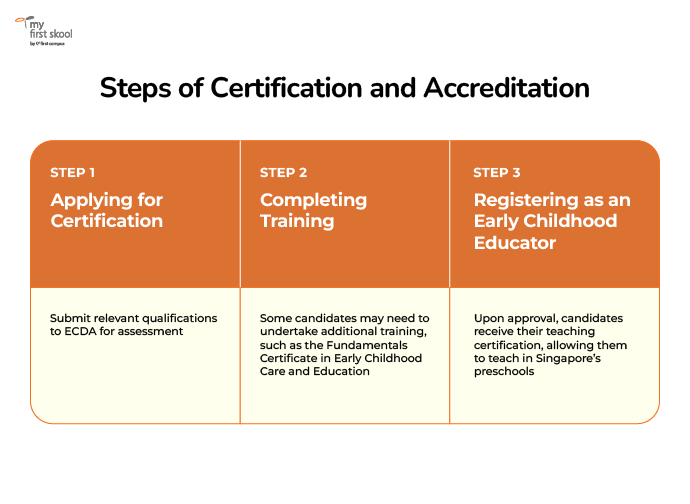
- Applying for Certification: Submit relevant qualifications to ECDA for assessment.
- Completing Training: Some candidates may need to undertake additional training, such as the Fundamentals Certificate in Early Childhood Care and Education.
- Registering as an Early Childhood Educator: Upon approval, candidates receive their teaching certification, allowing them to teach in Singapore’s preschools.
Gaining Practical Experience
Practical experience is invaluable for aspiring teachers. Many preschools and childcare centres offer internship opportunities that provide hands-on teaching practice. Additionally, volunteer work in early childhood settings can enhance teaching skills and provide exposure to real-world classroom environments.
Skills Required to Excel as a Kindergarten Teacher
Successful kindergarten teachers possess a blend of soft and technical skills, including:
- Patience and Empathy: Understanding young children’s emotional and learning needs. For example, a teacher may work with a child who struggles with separation anxiety by gradually easing them into the school routine through comforting activities and familiar objects.
- Creativity: Designing engaging lesson plans and activities. A teacher might incorporate storytelling, music, or play-based learning to make abstract concepts more relatable for young children.
- Communication Skills: Effectively interacting with children, parents, and colleagues. A strong communicator can explain a child’s development progress to parents in a reassuring yet informative way, helping them support learning at home.
- Classroom Management: Maintaining a structured yet flexible learning environment. For instance, an educator may use visual schedules and positive reinforcement to help children transition smoothly between activities.
- Problem-Solving: Adapting to the diverse challenges of early childhood education. If a child exhibits behavioural difficulties, a teacher might experiment with different strategies, such as peer modeling or structured choices, to guide them toward appropriate behaviour.
Salary and Benefits of Kindergarten Teachers
Kindergarten teachers in Singapore are entitled to a competitive salary and benefits package. The salary range for kindergarten teachers varies depending on their qualifications, experience, and employer.
However, on average, kindergarten teachers in Singapore can expect to earn a monthly salary ranging from SGD 2,500 to SGD 3,700.2 In addition to their salary, kindergarten teachers are also entitled to various benefits, including:
- Medical benefits
- Leave entitlements
- Professional development opportunities
- Career advancement opportunities
Career Progression Opportunities for Kindergarten Teachers
A career in early childhood education offers various advancement opportunities, such as:
Senior Kindergarten Teacher
Lead curriculum development and mentor junior teachers. For example, a teacher with five years of experience might transition into this role by coaching new educators on classroom management strategies.
Centre Leader or Principal
Managing preschools and ensuring quality education standards. An educator who has demonstrated strong leadership skills may move into this role, overseeing staff, budgets, and curriculum development.
Early Childhood Specialist or Curriculum Developer
Design educational materials and programmes for preschool education. A teacher passionate about curriculum design could work in an organisation that develops structured learning materials for preschools.
Lecturer or Trainer
Teaching future early childhood educators in tertiary institutions. Some experienced teachers take on this role, guiding the next generation of educators through training workshops and university courses.
Common Challenges in Kindergarten Teaching and How to Overcome Them
Teaching young children is highly rewarding but comes with challenges. Here are some common difficulties and strategies to handle them:
- Managing Different Learning Paces: Some children grasp concepts quickly, while others need more time. Teachers can implement differentiated instruction, using small-group activities to cater to different learning needs.
- Handling Behavioural Challenges: Young children may struggle with impulse control or social interactions. Positive reinforcement, structured routines, and clear expectations help guide their behaviour effectively.
- Communicating with Parents: Parents play a crucial role in a child’s education, but communication gaps can arise. Regular updates through newsletters, meetings, and progress reports can strengthen parent-teacher relationships and ensure alignment in supporting the child’s development.
Working at My First Skool
My First Skool is one of Singapore’s leading preschool providers, with over 160 centres island-wide, offering a nurturing and innovative learning environment that puts relationships at the heart of our kindergarten curriculum.
As a kindergarten teacher at My First Skool, you will benefit from:
- Professional Development: Continuous training to enhance teaching skills.
- Supportive Community: A collaborative work culture that values educators.
- Career Growth: Clear pathways for advancement within the organisation.
- Innovative Teaching Approaches: Access to modern pedagogical techniques that enrich children’s learning experiences.
If you are passionate about shaping young minds and creating a strong foundation for children’s future, consider joining My First Skool to embark on a meaningful career in early childhood education.
Sources
- https://www.ecda.gov.sg/
- https://sg.jobstreet.com/career-advice/role/kindergarten-teacher/salary
